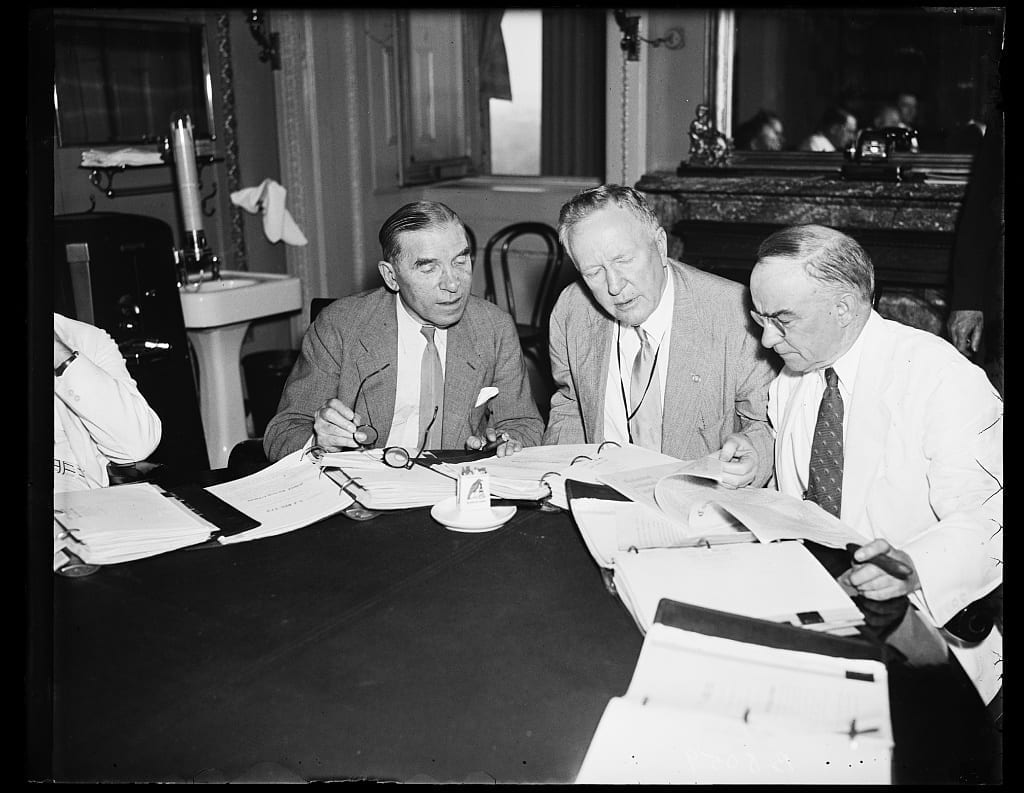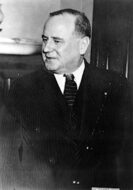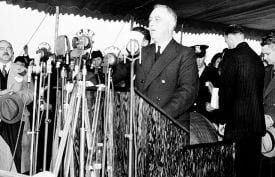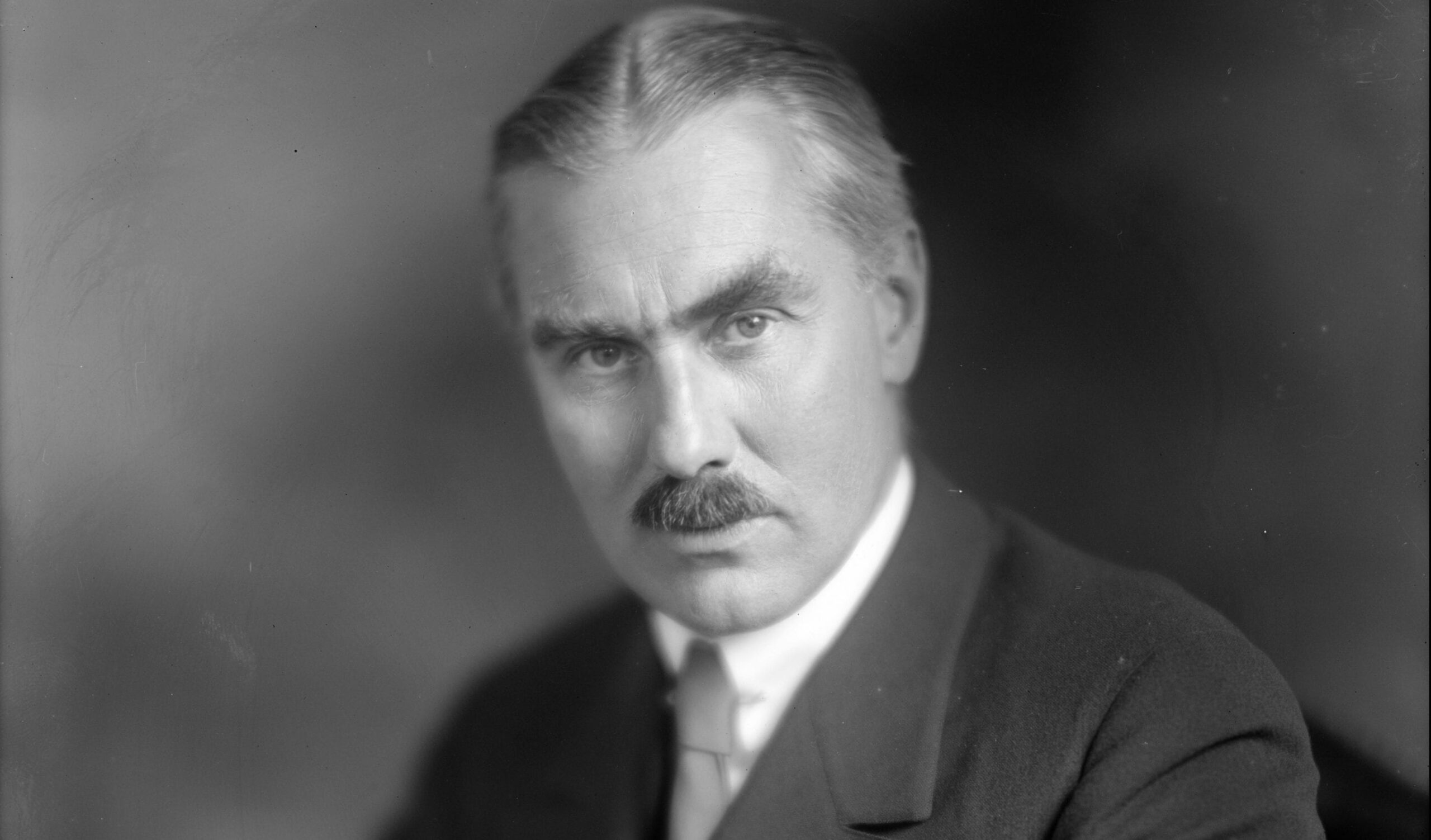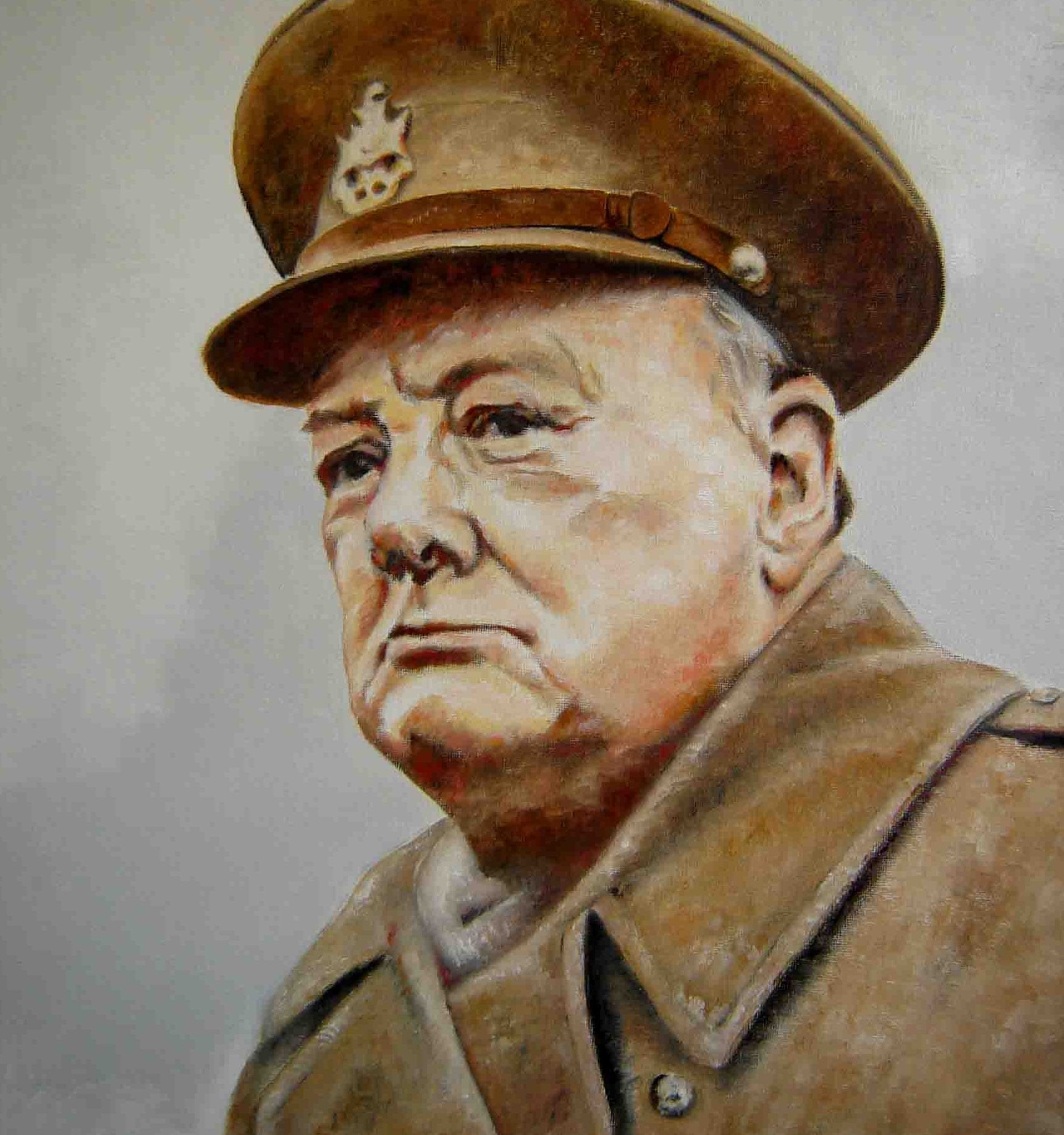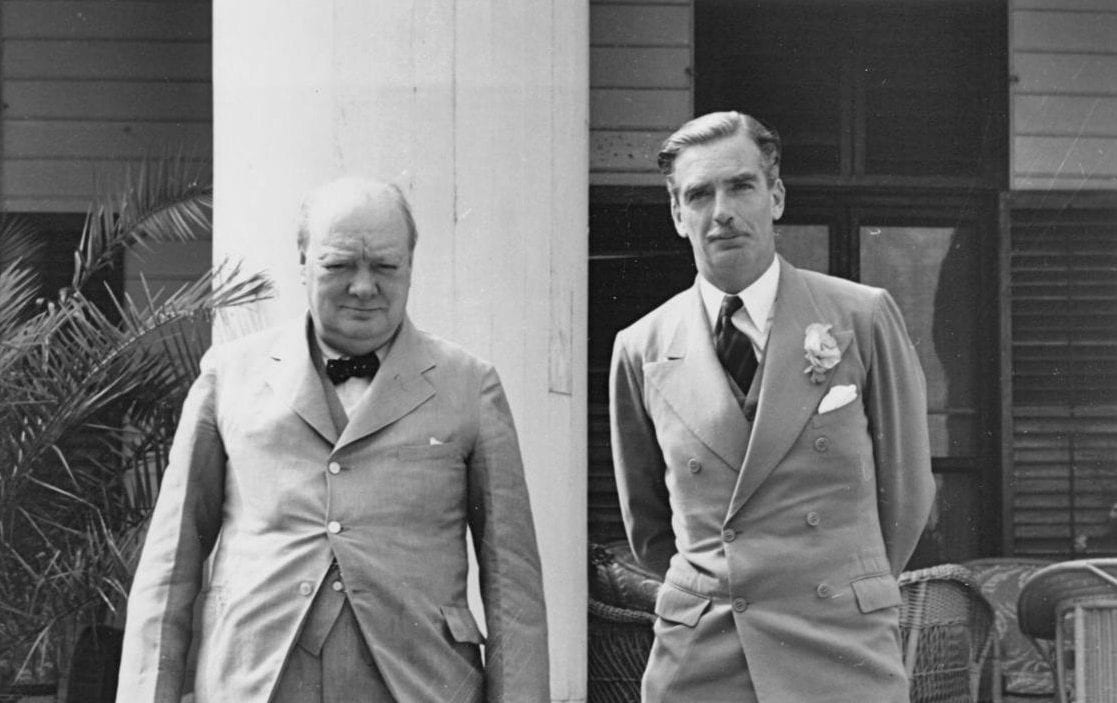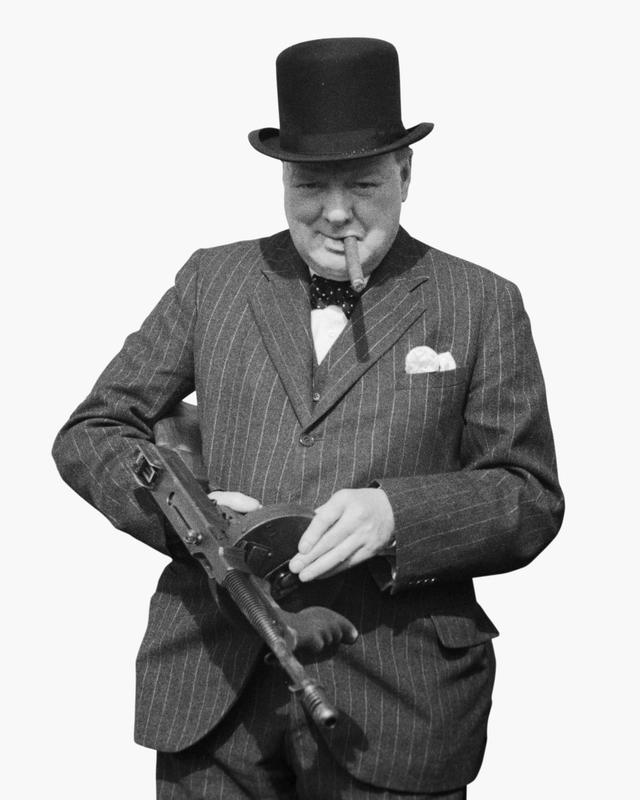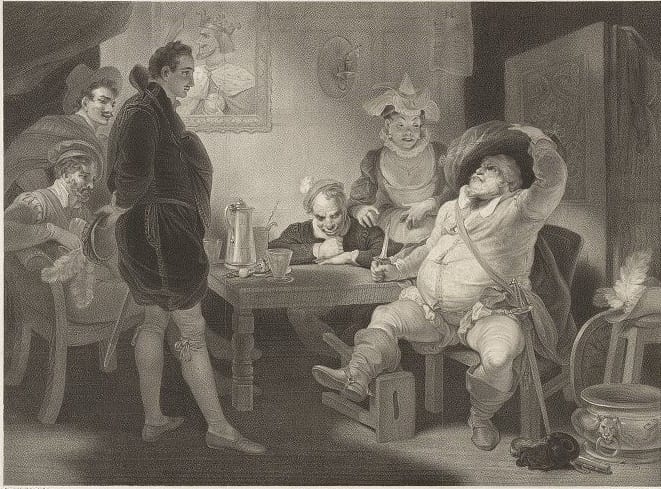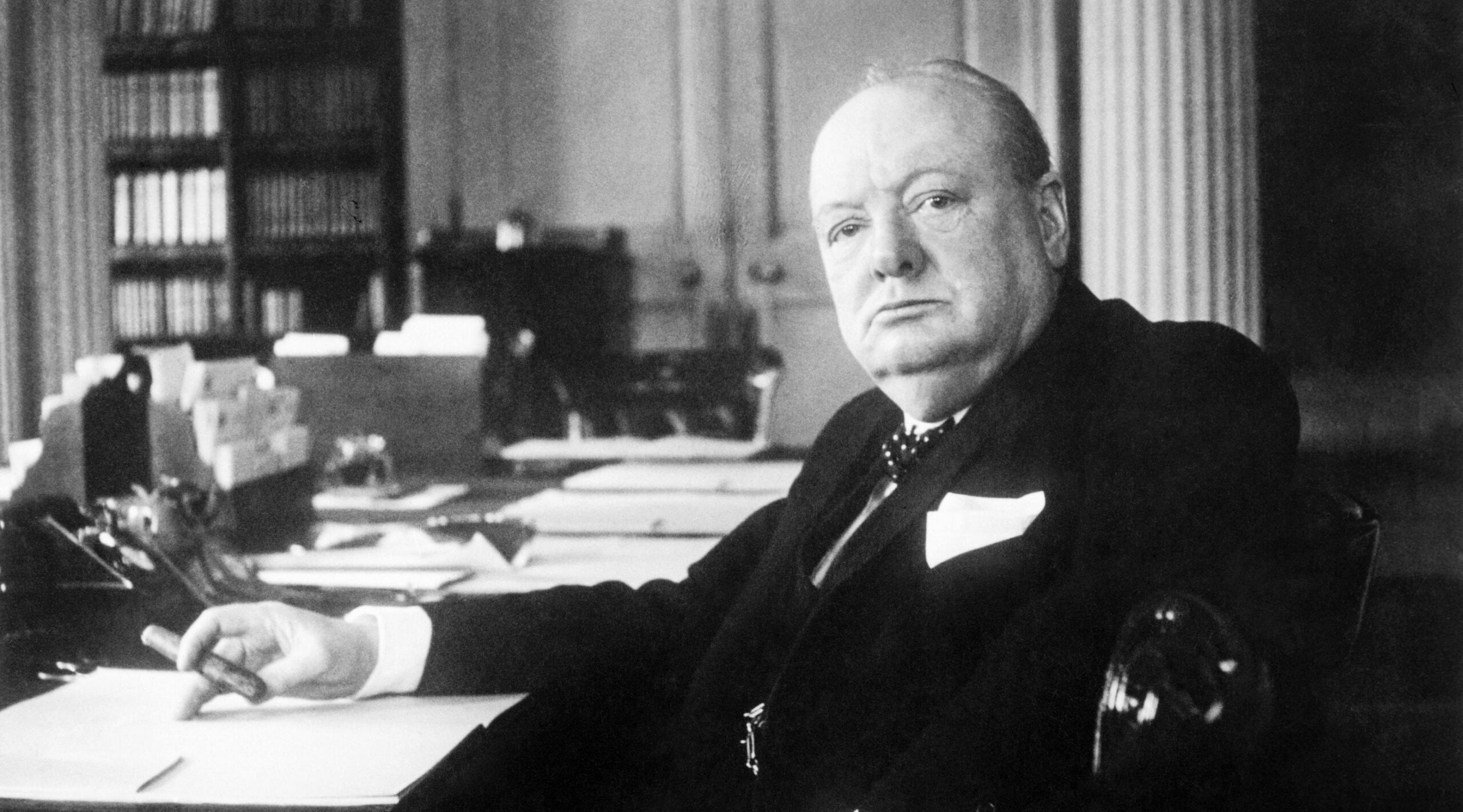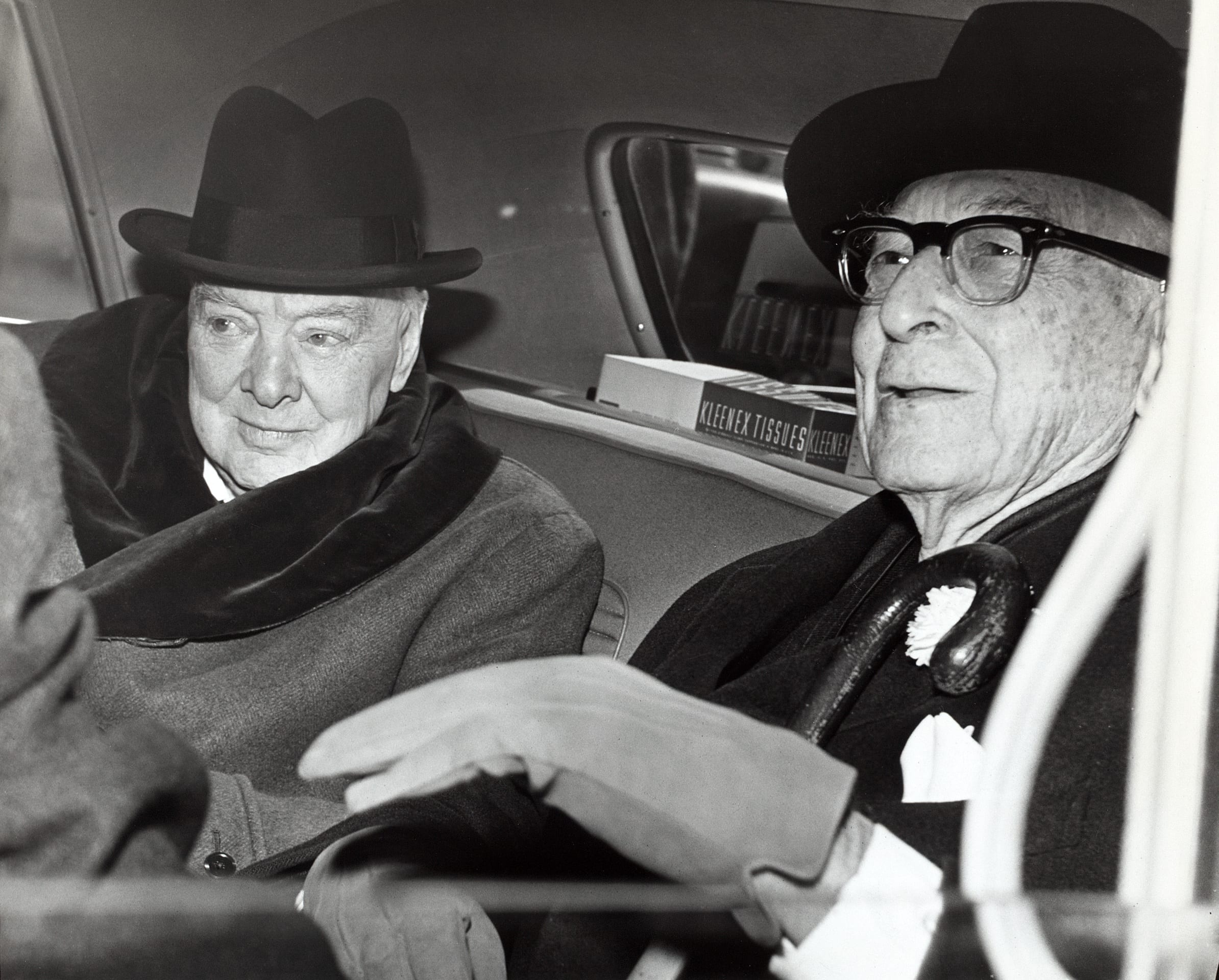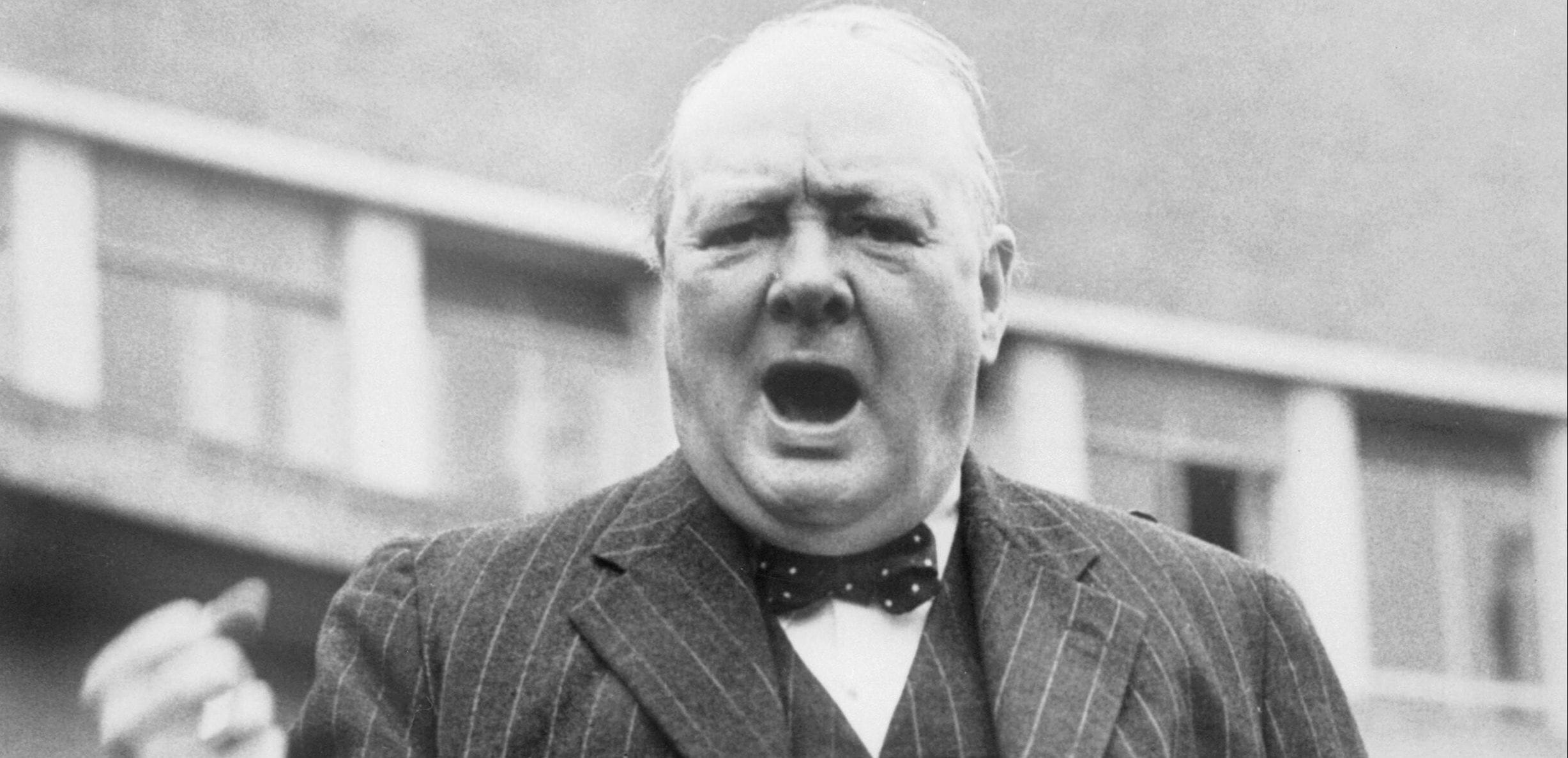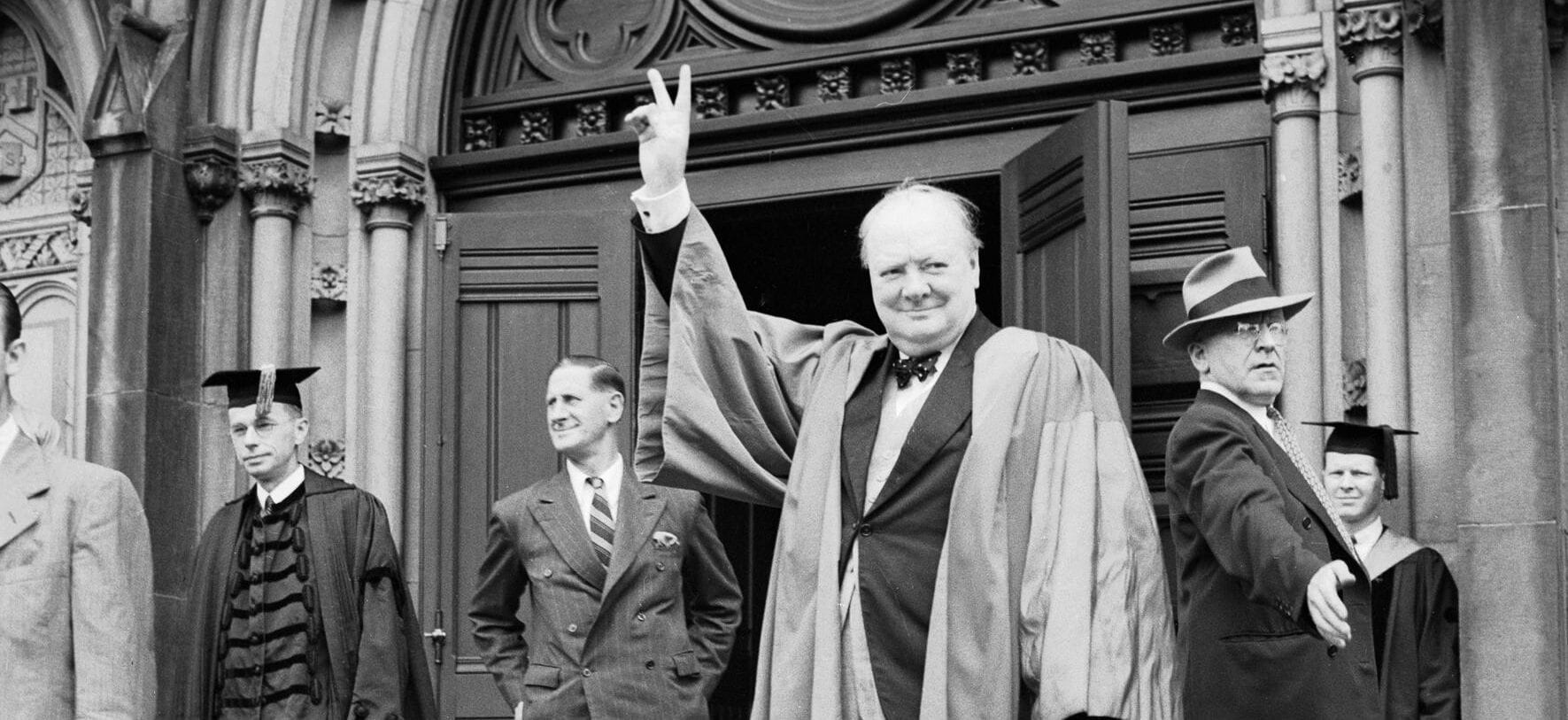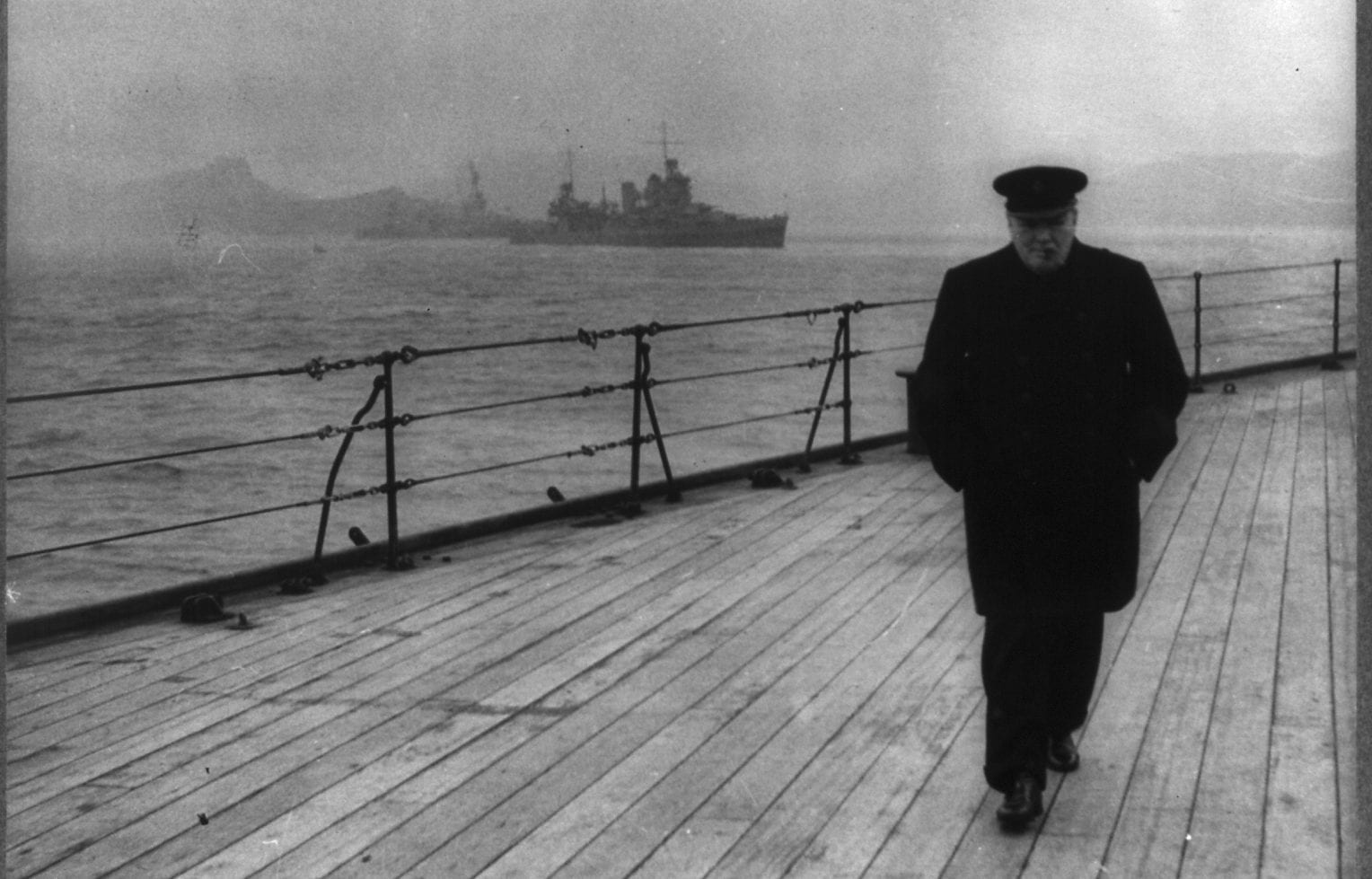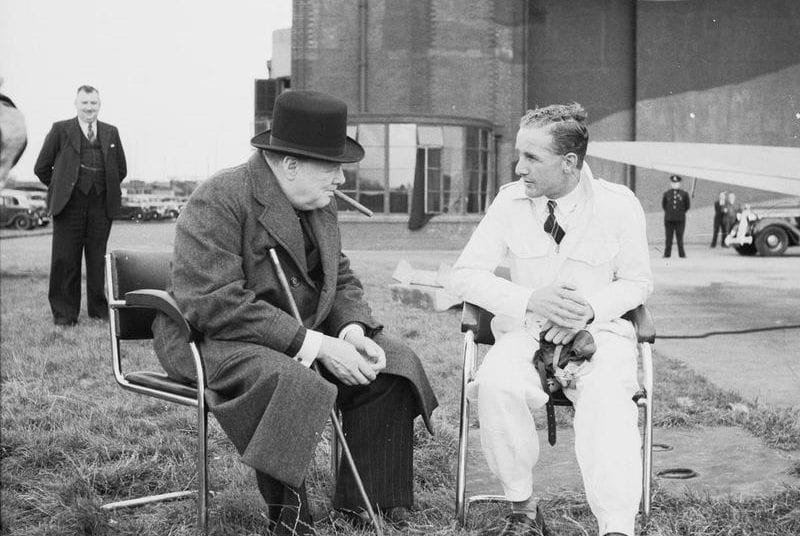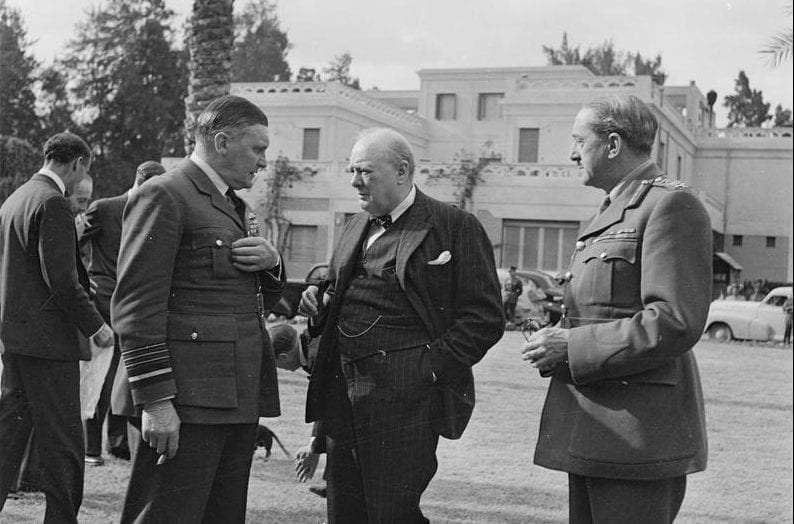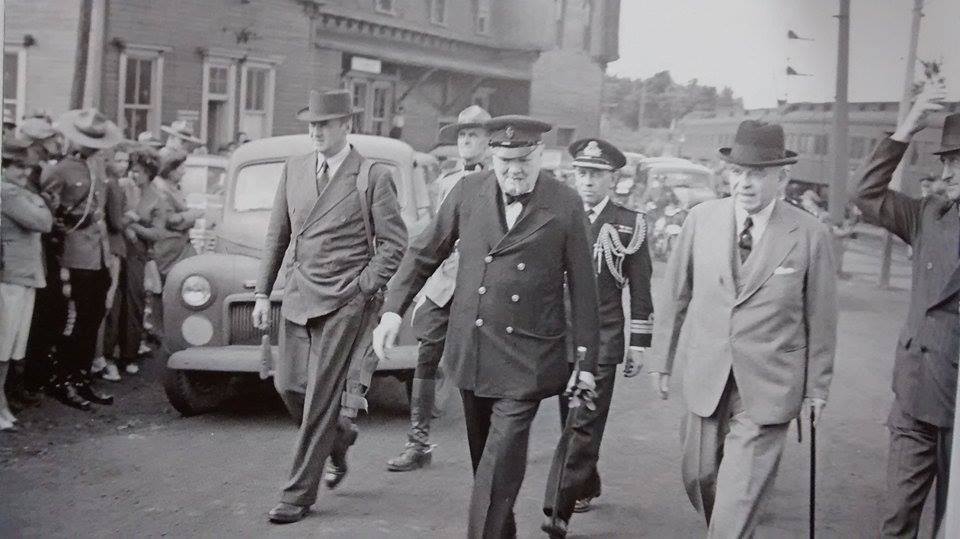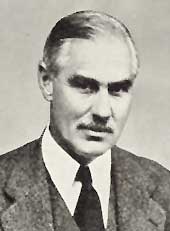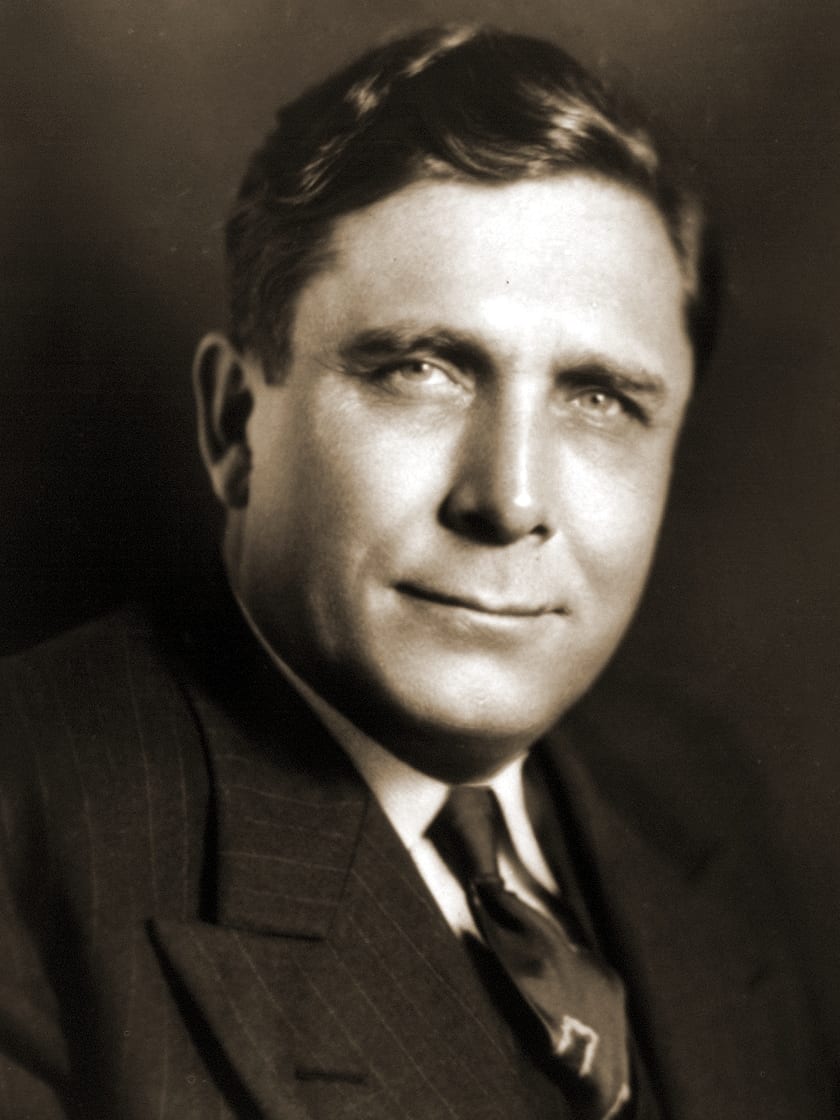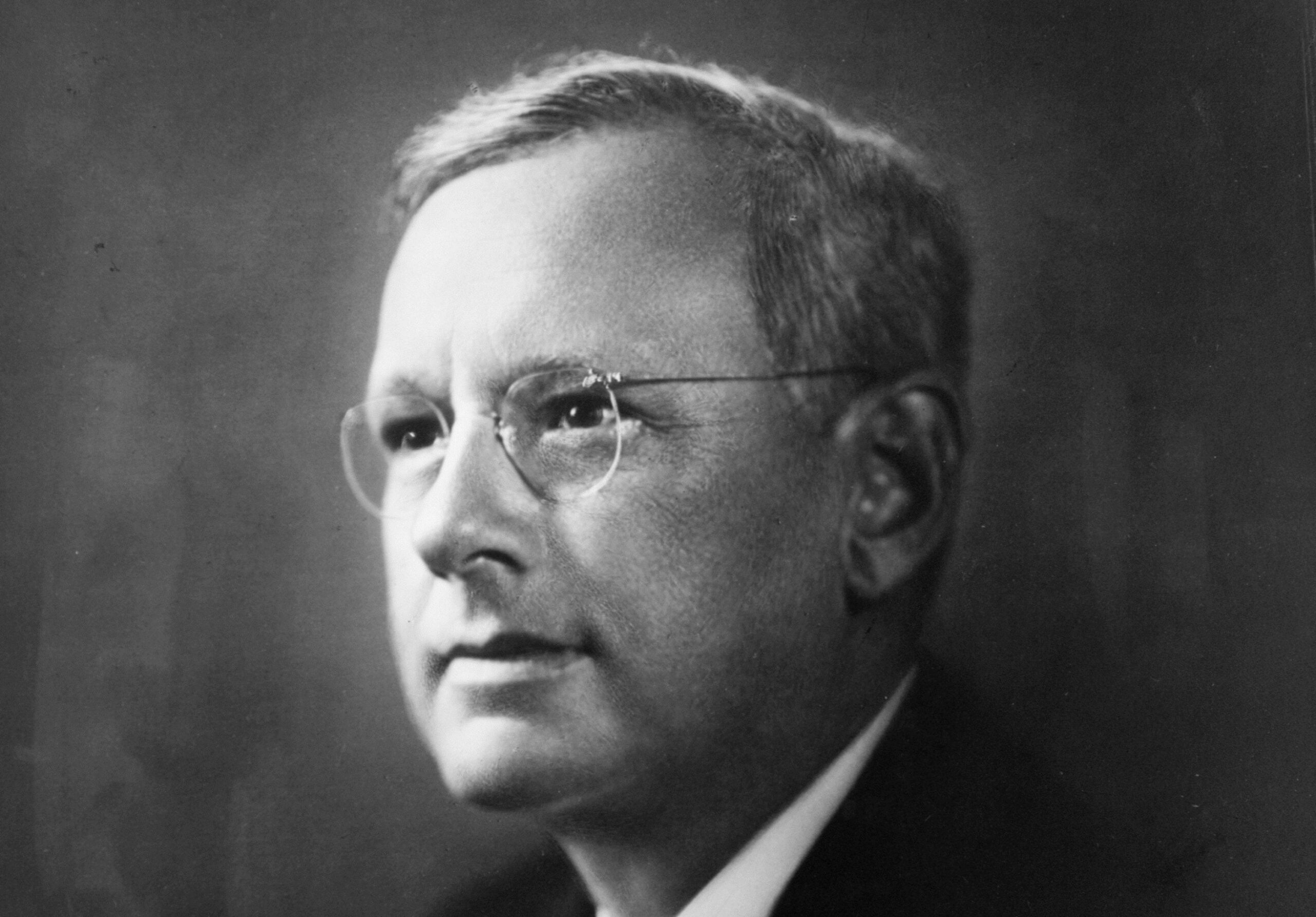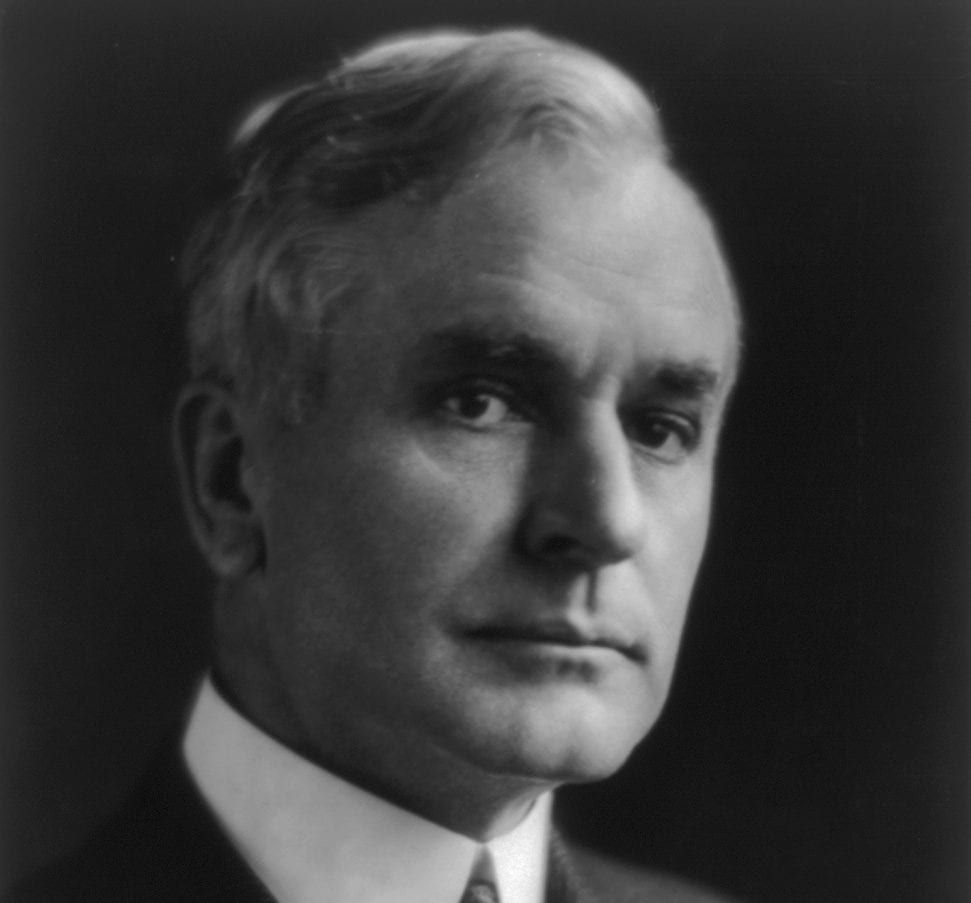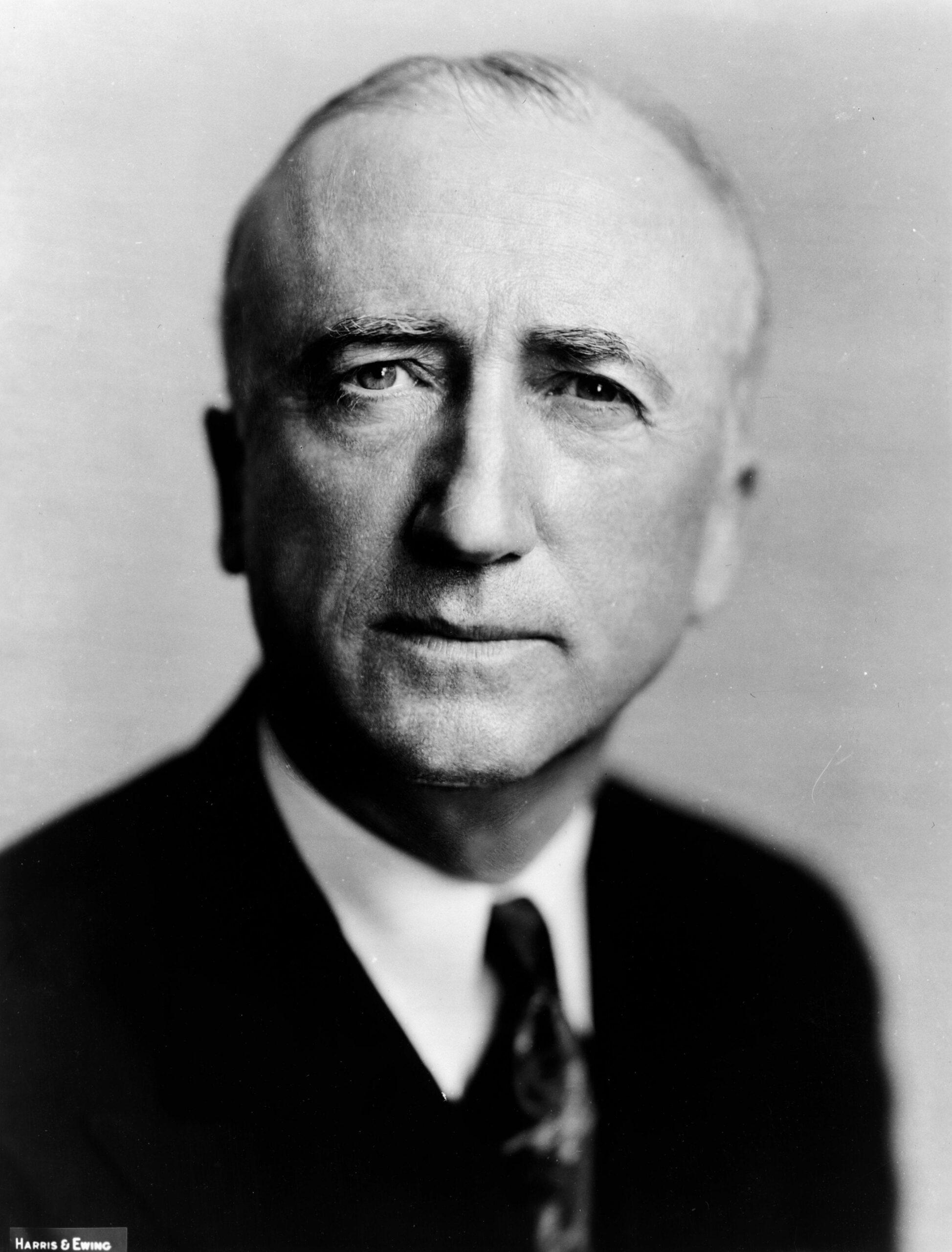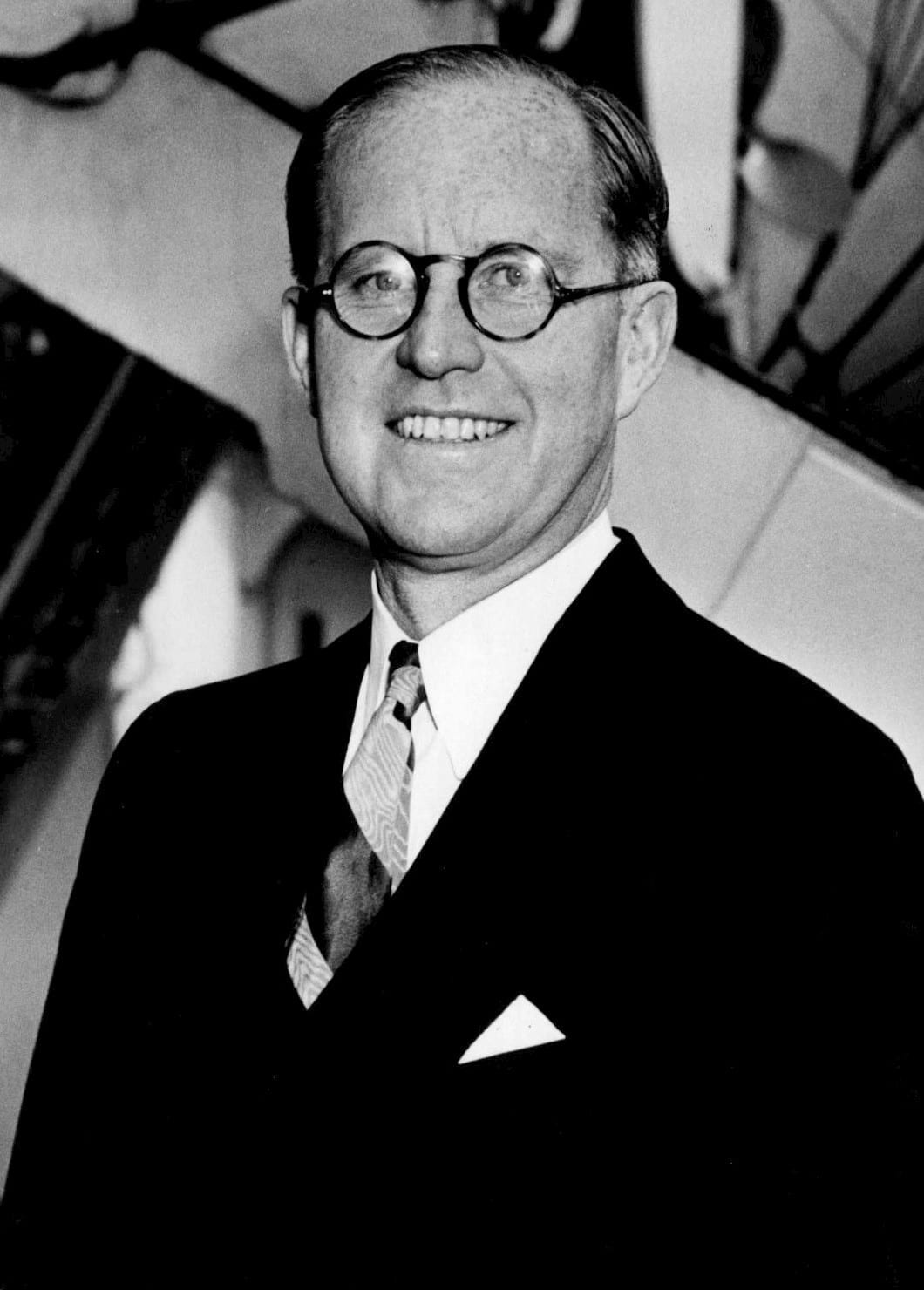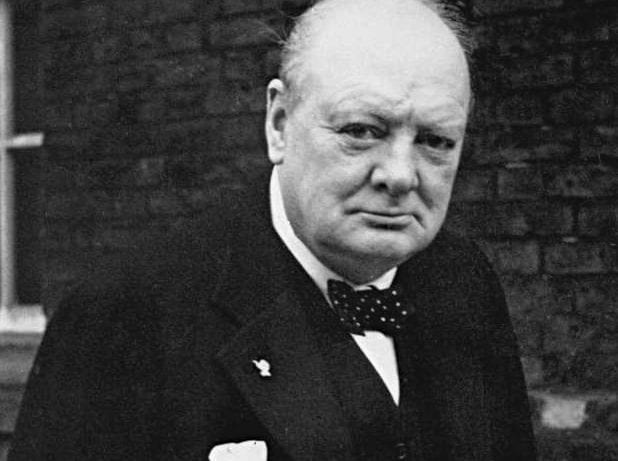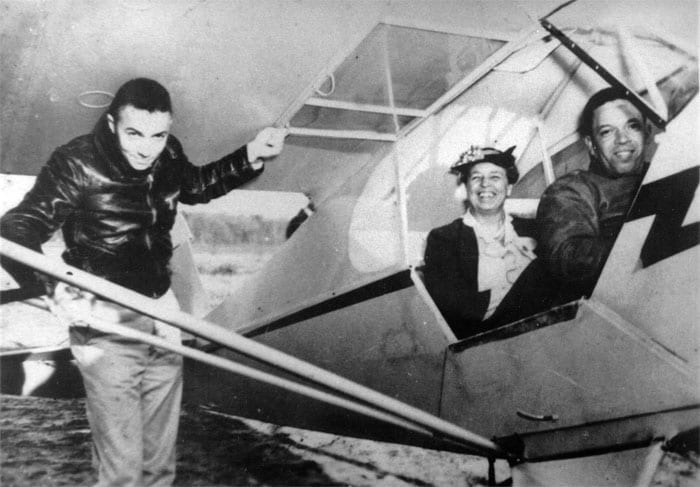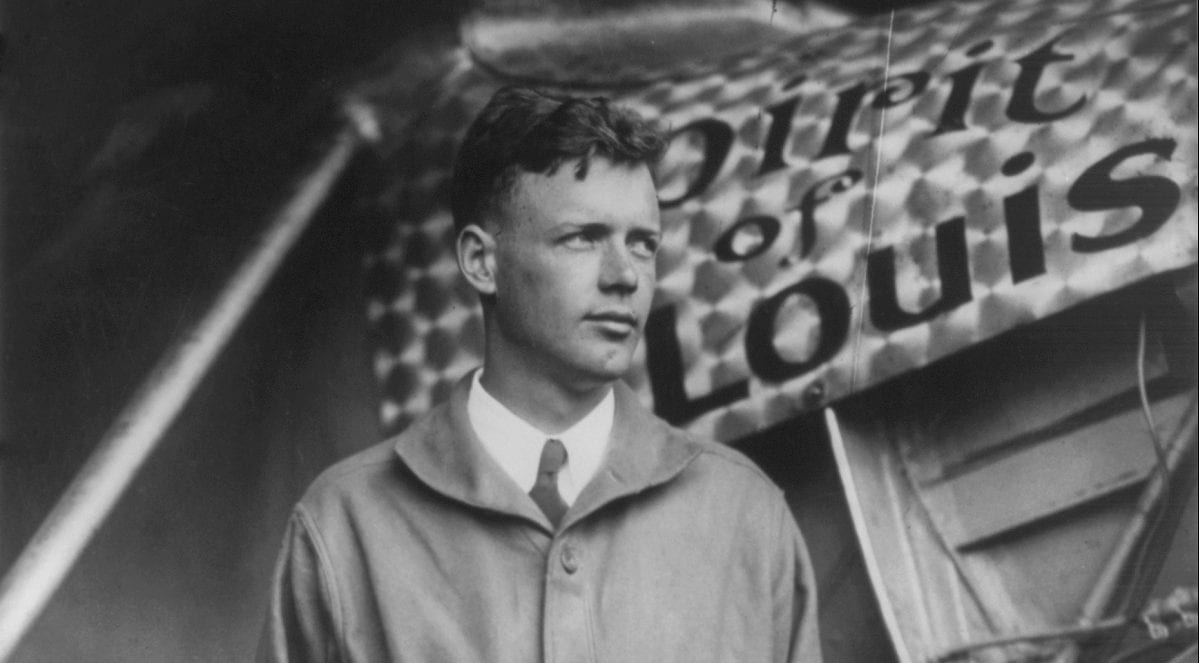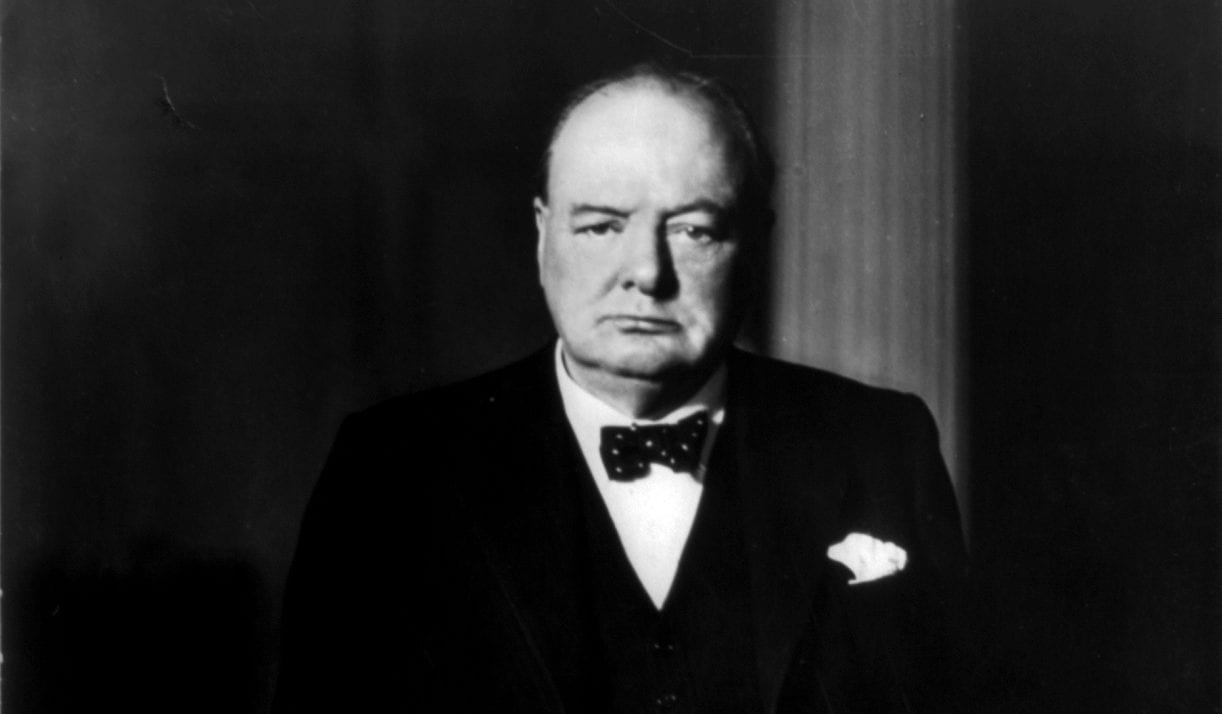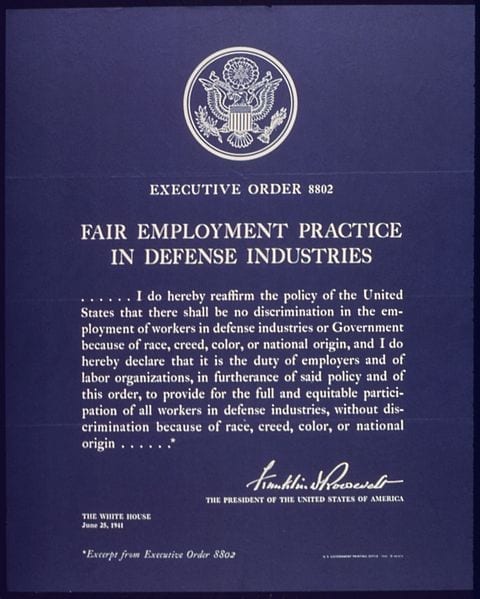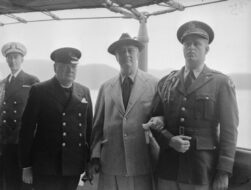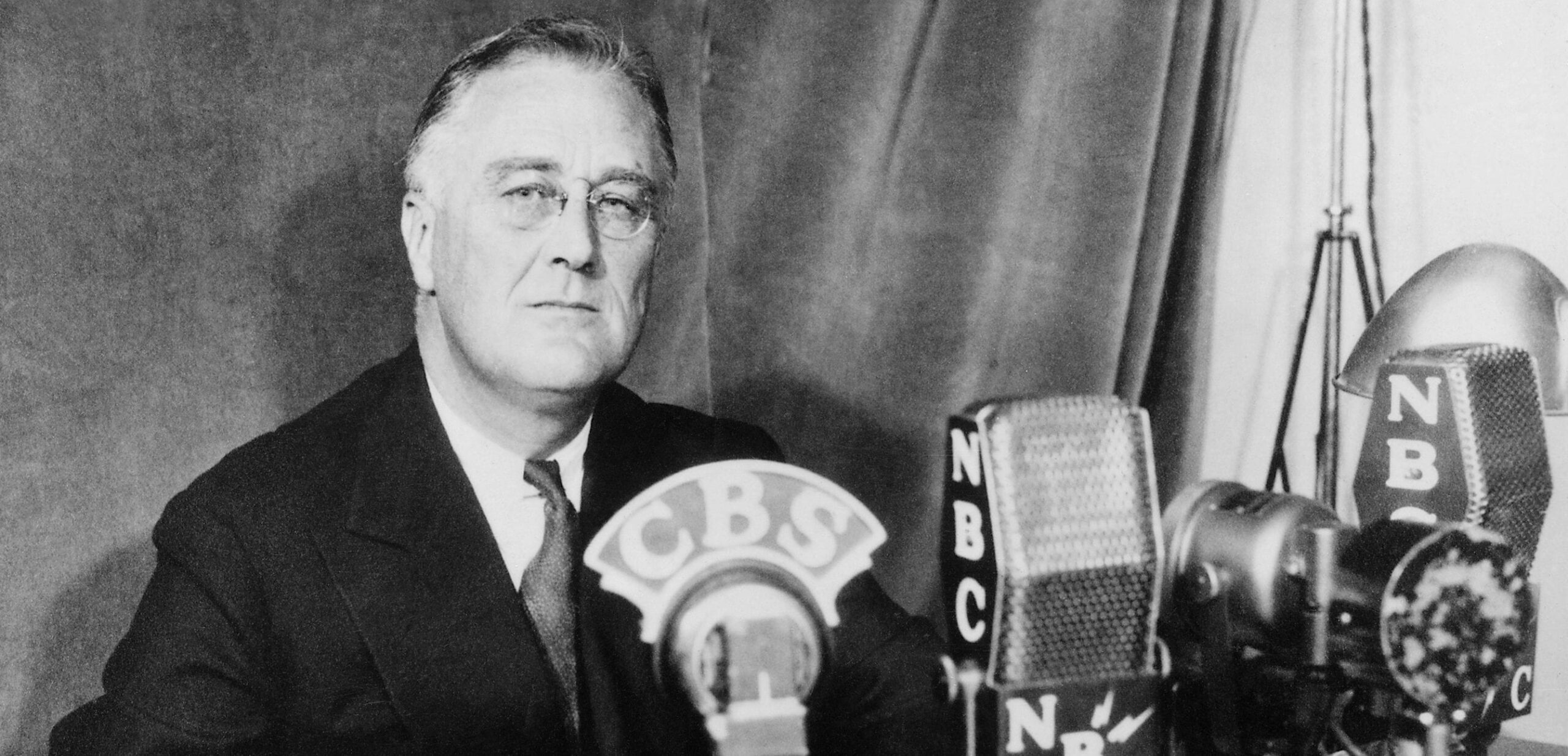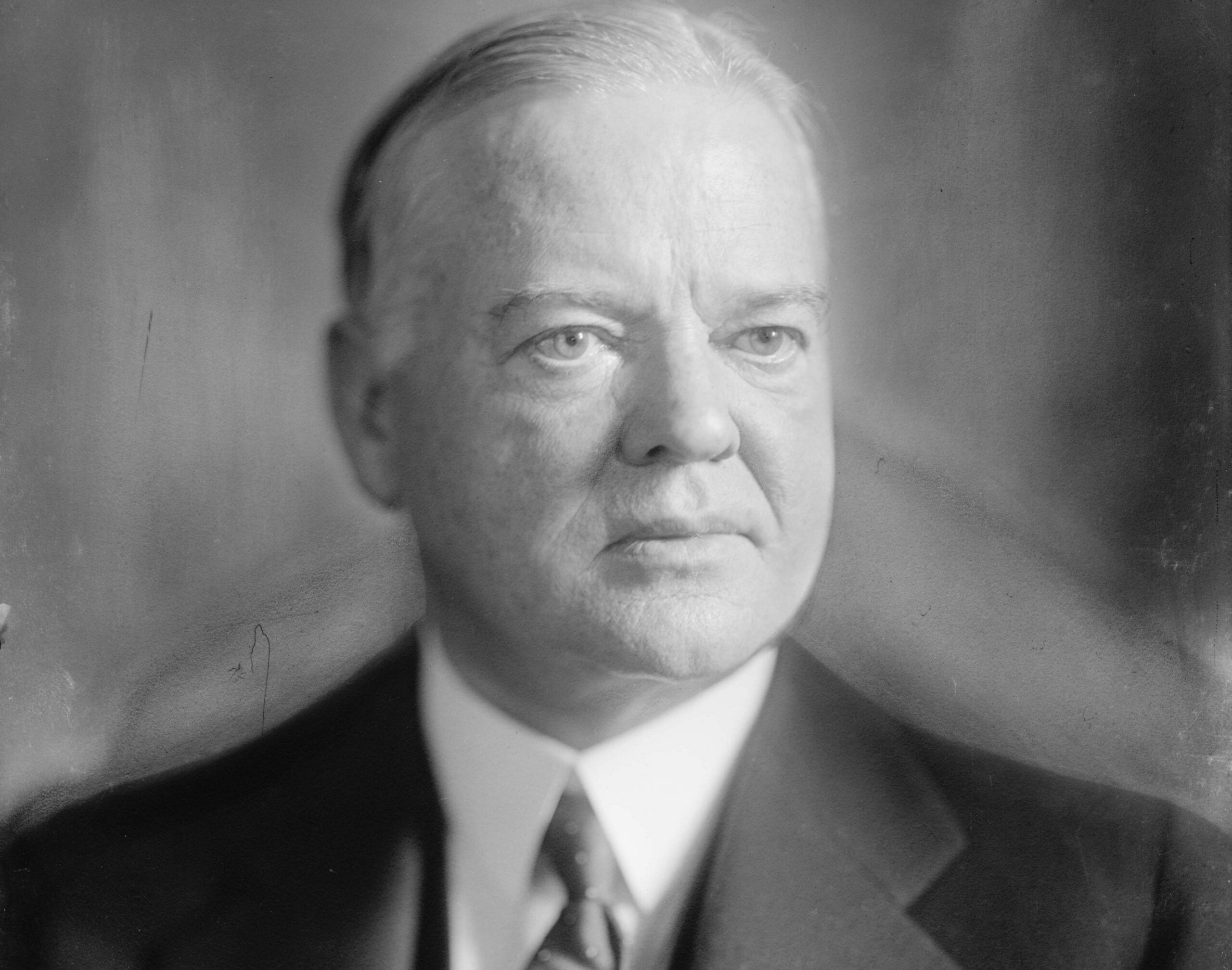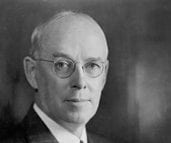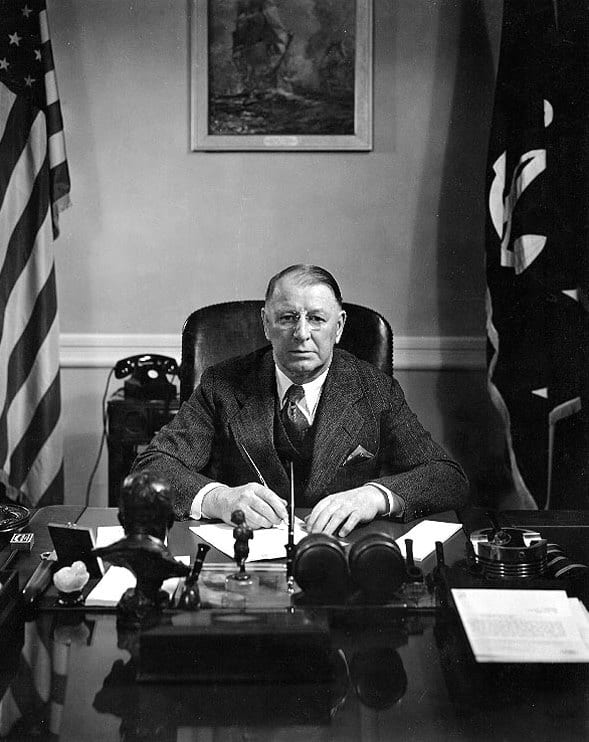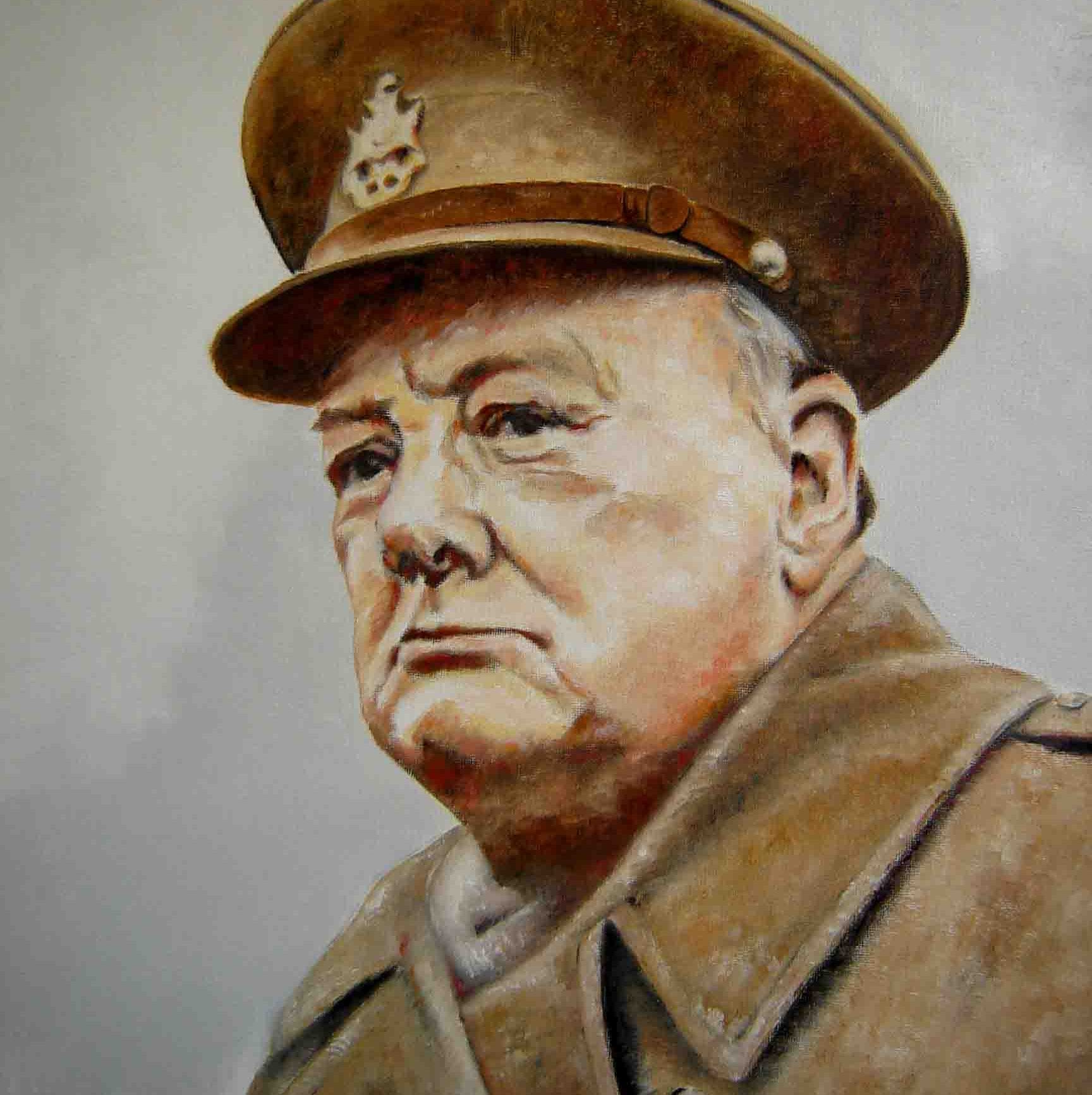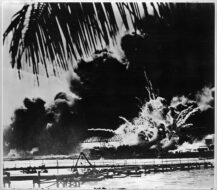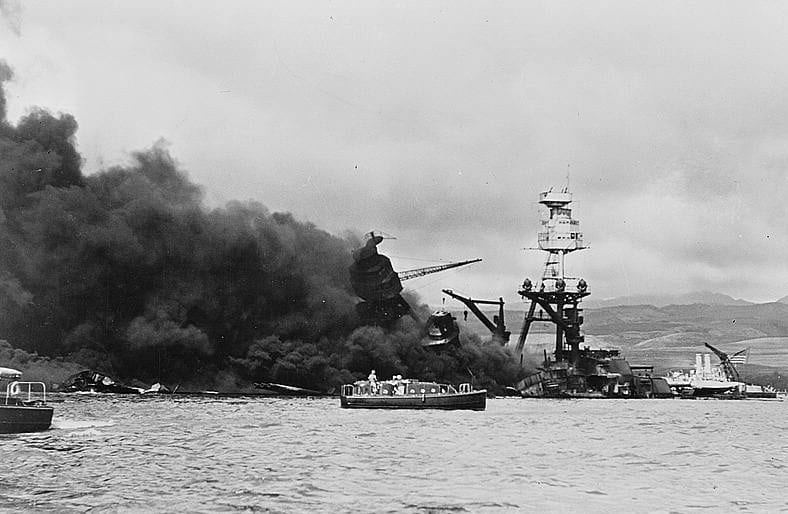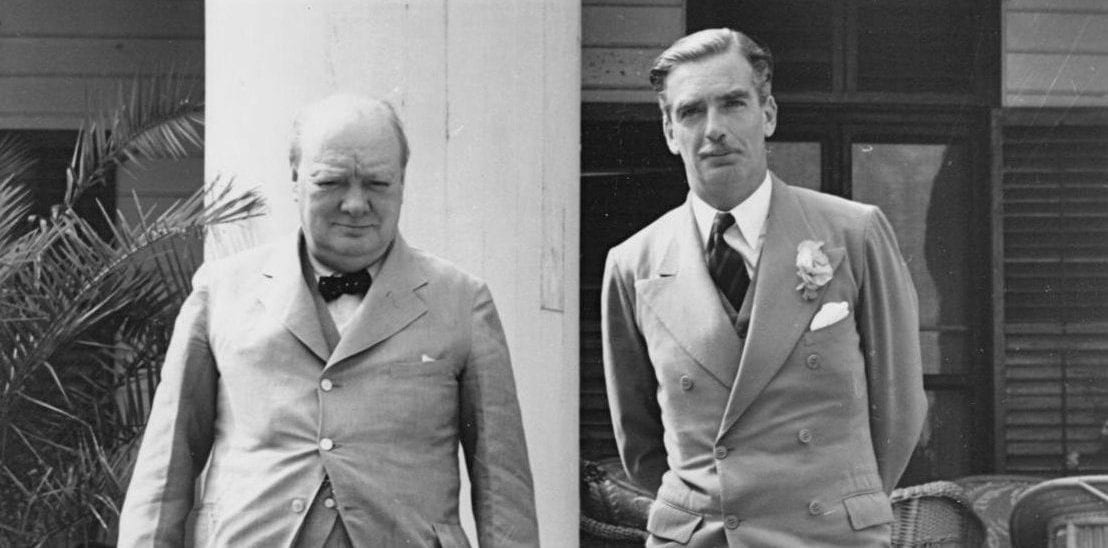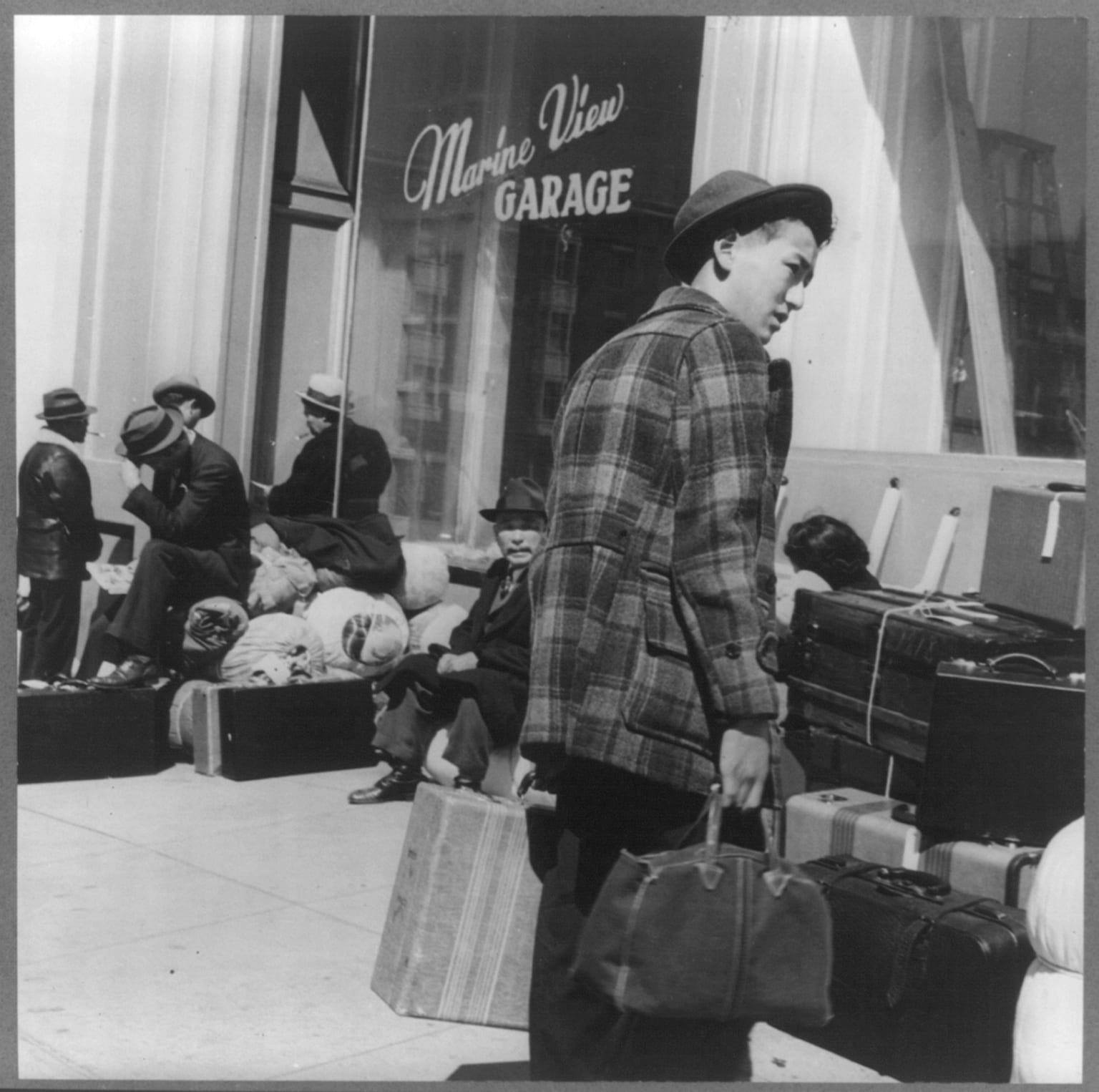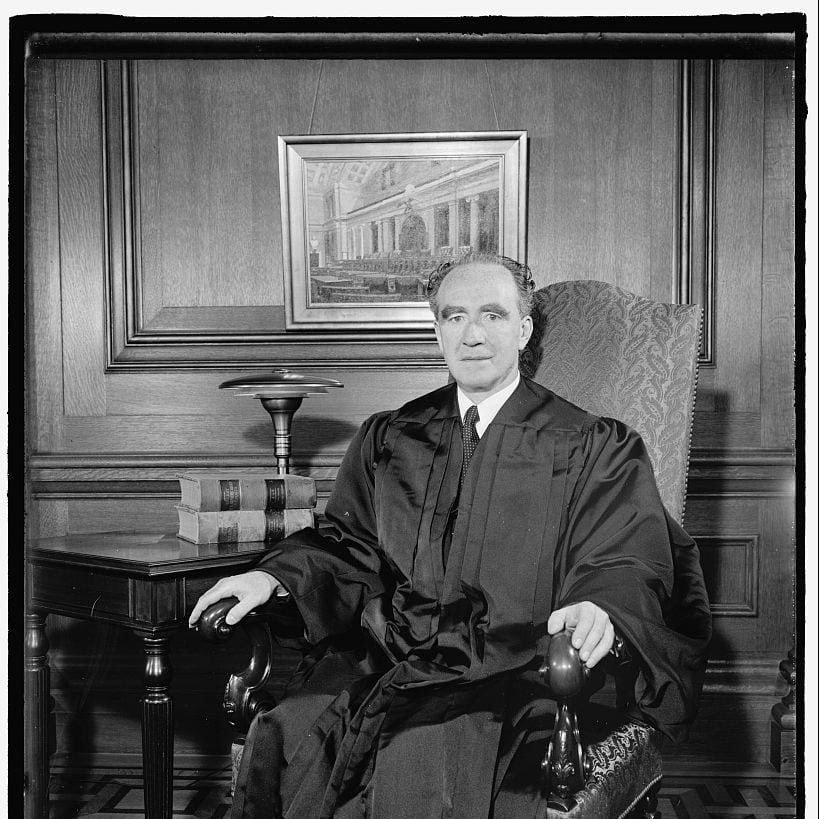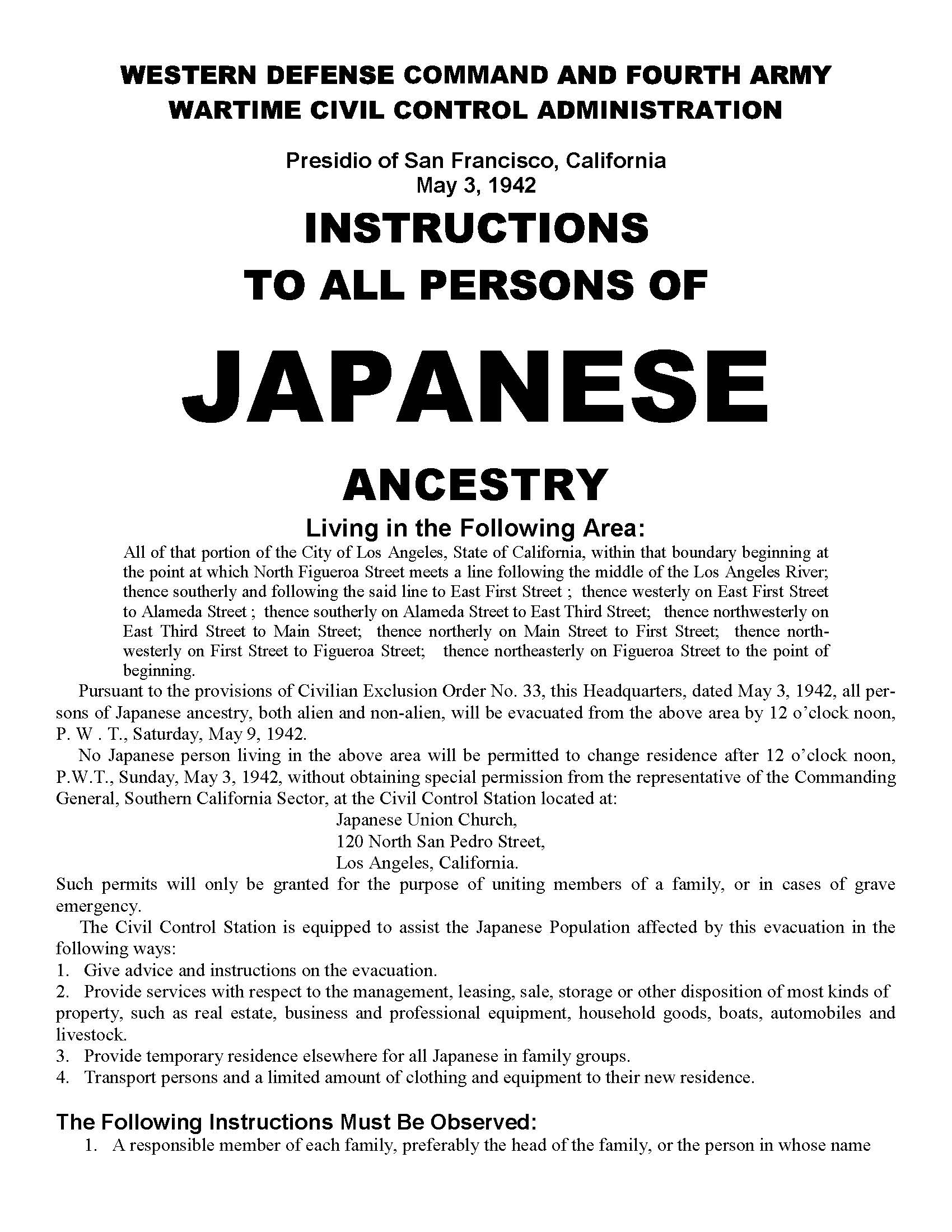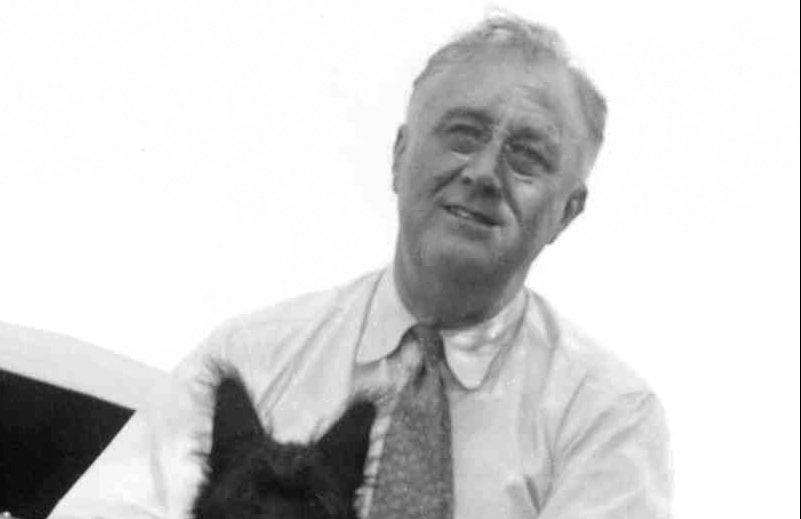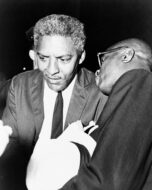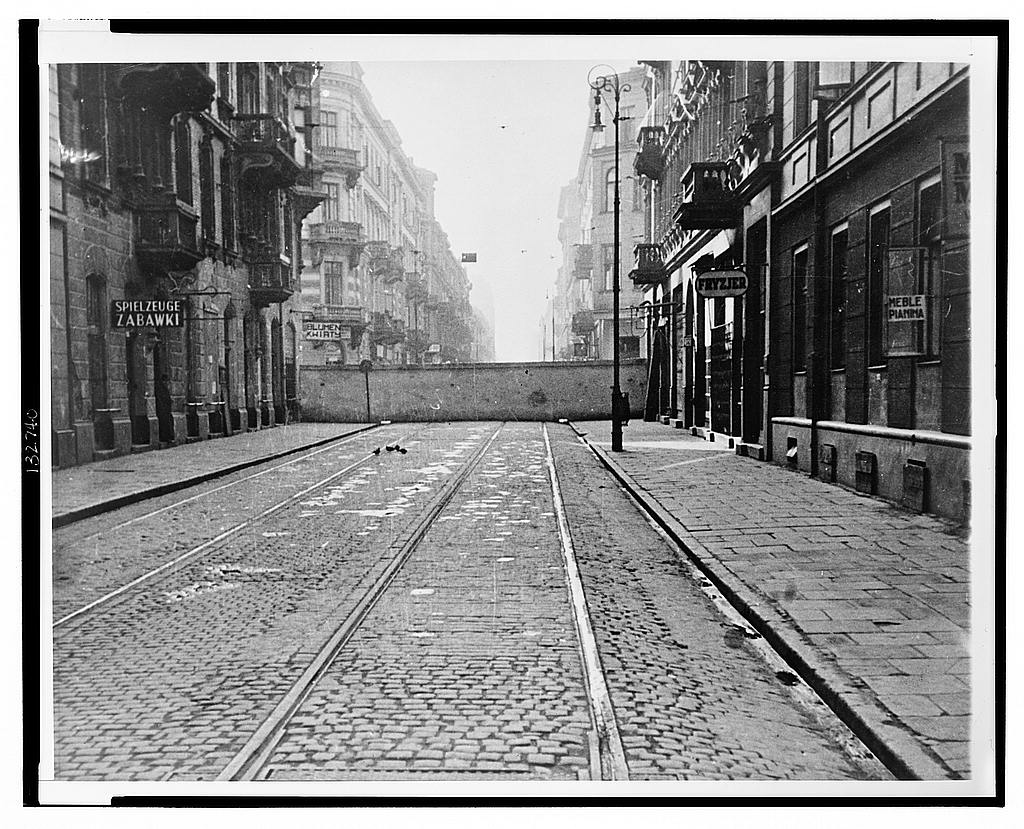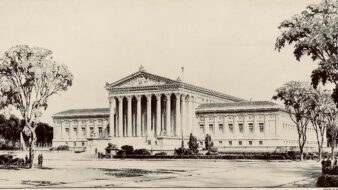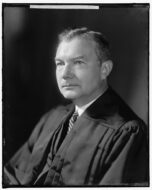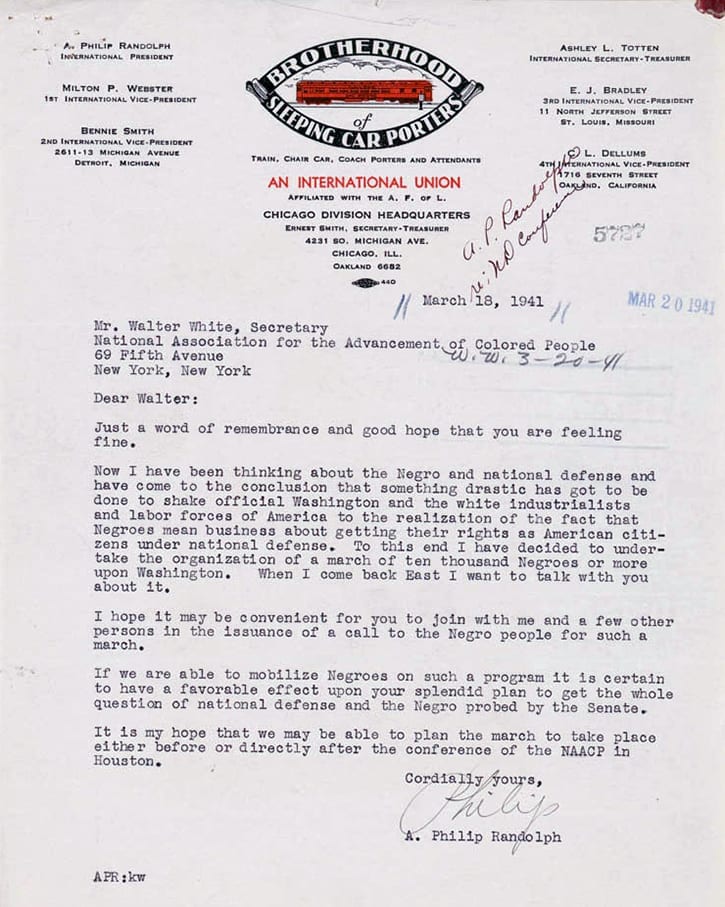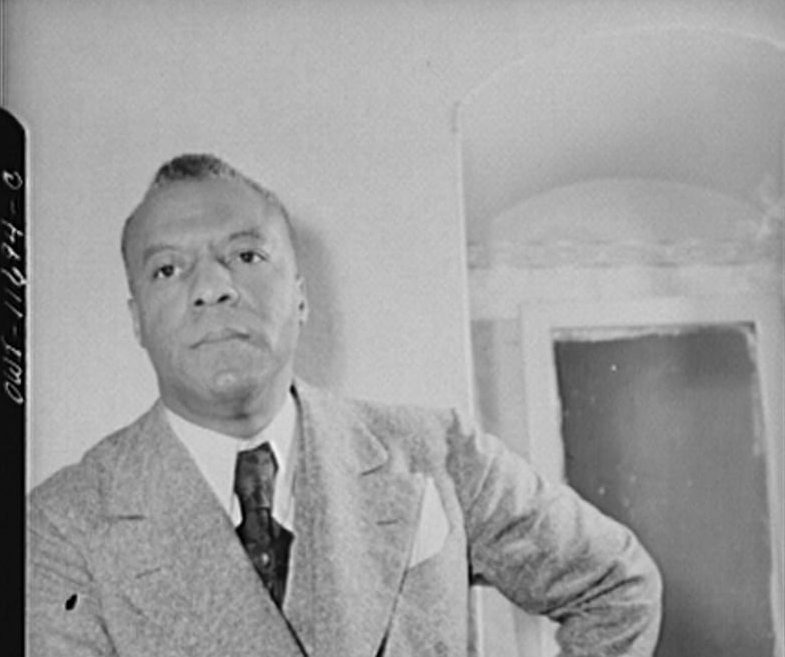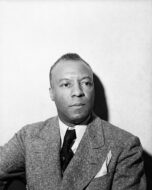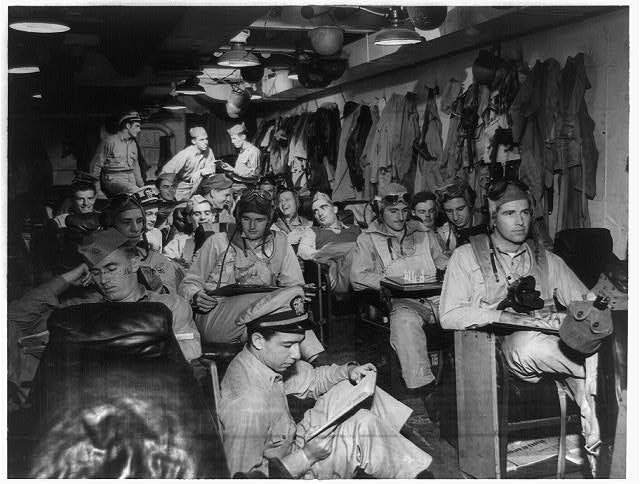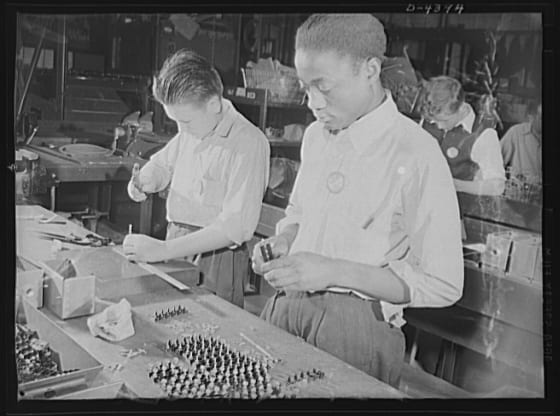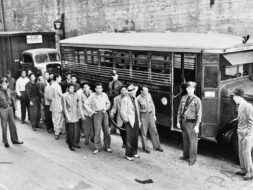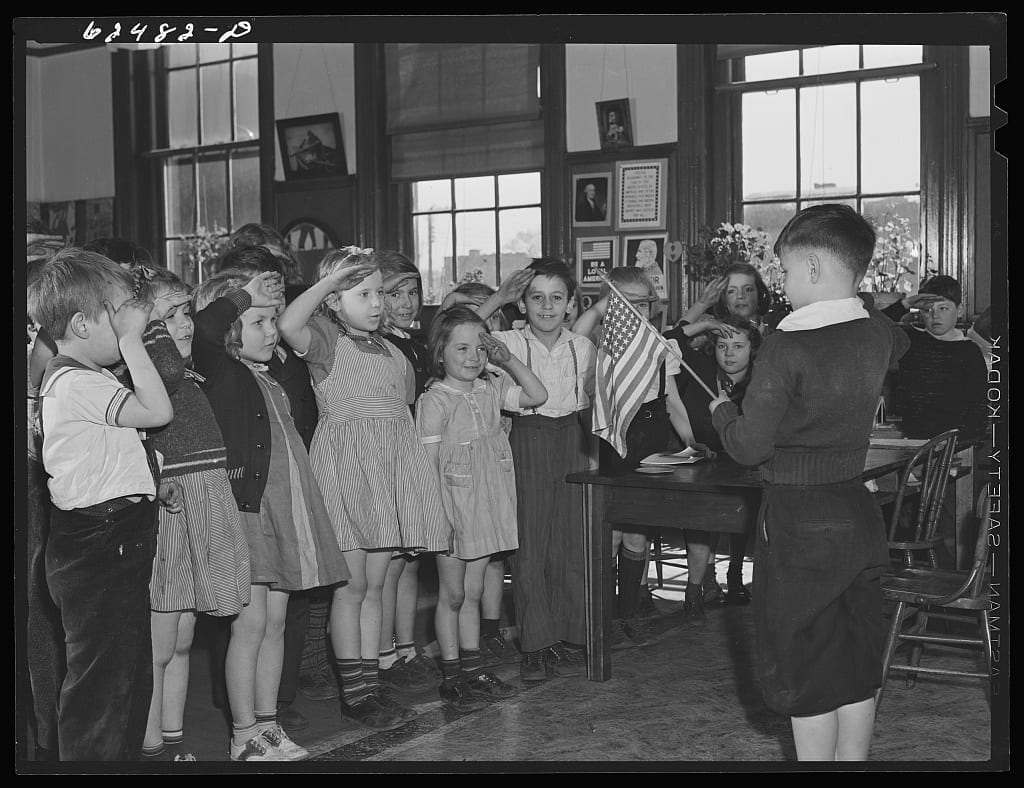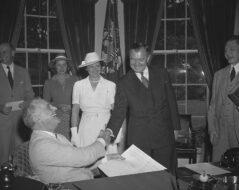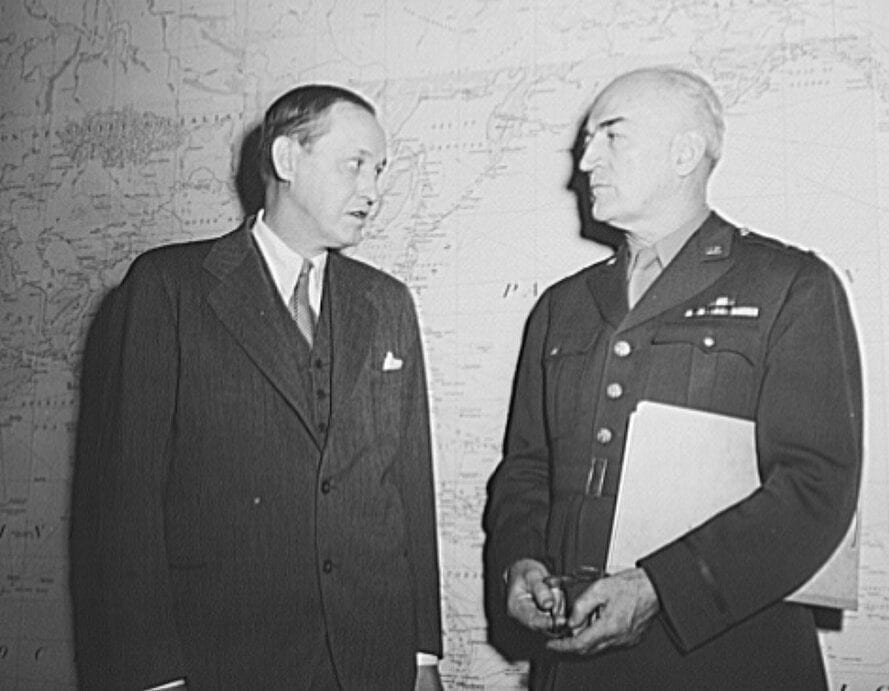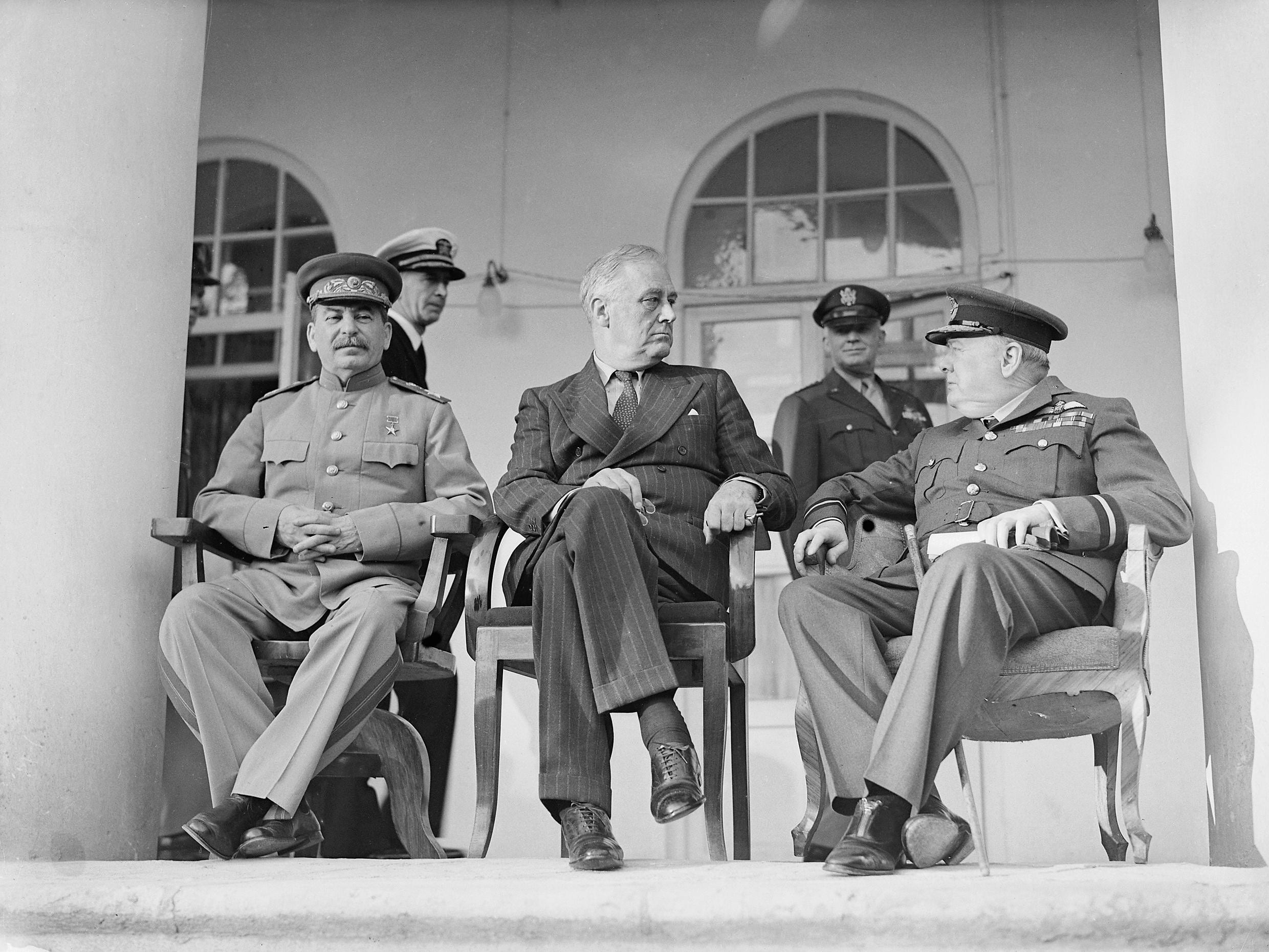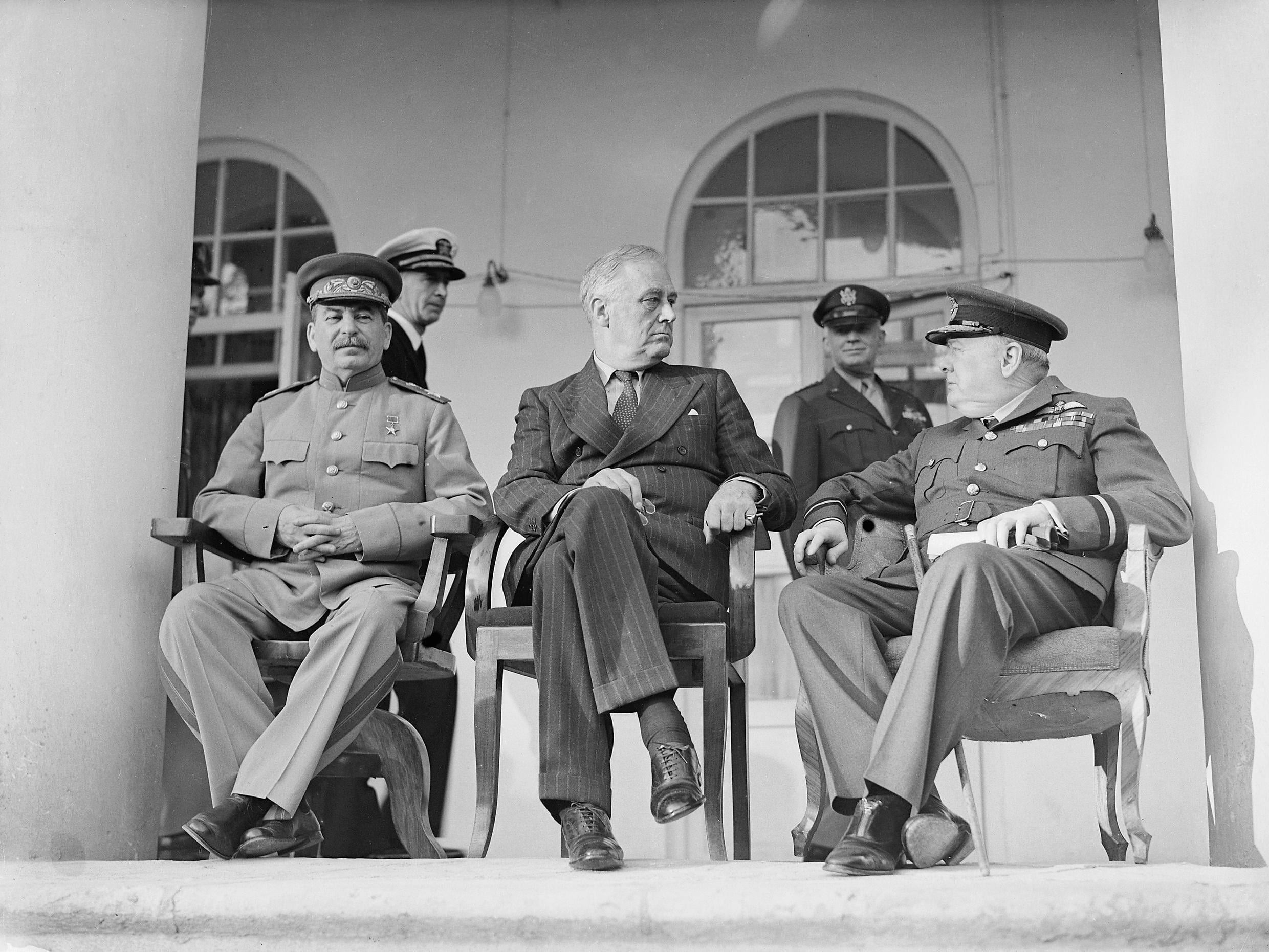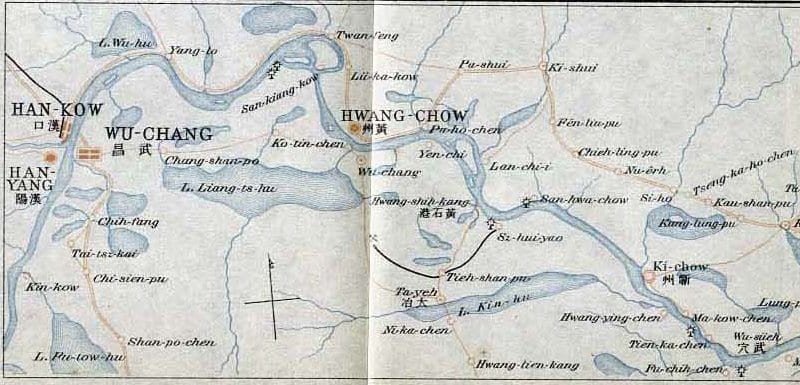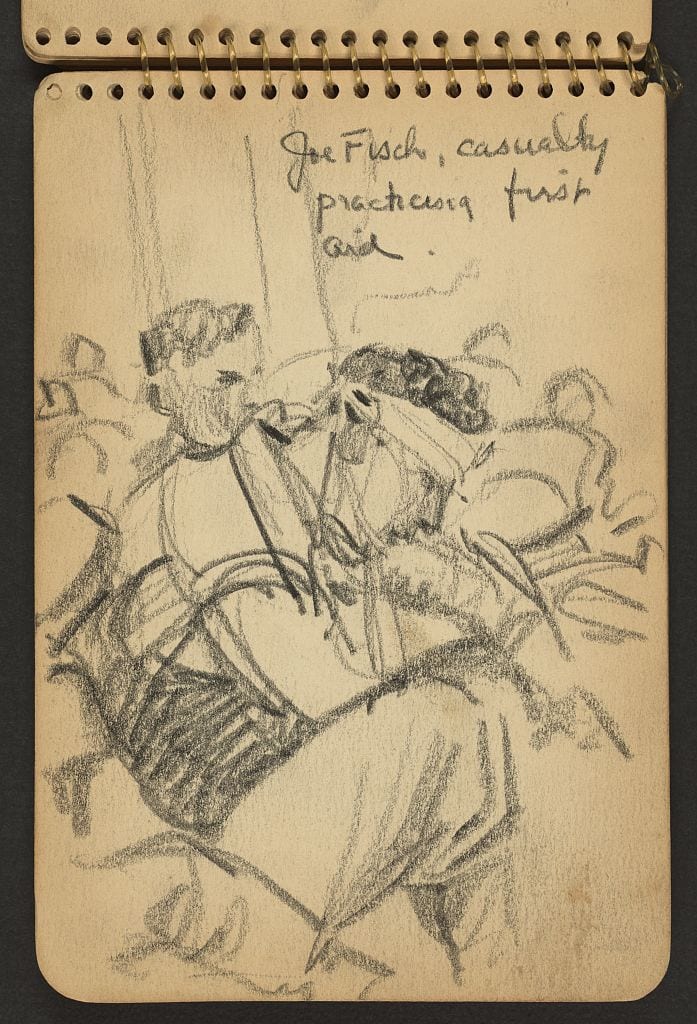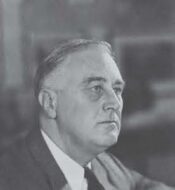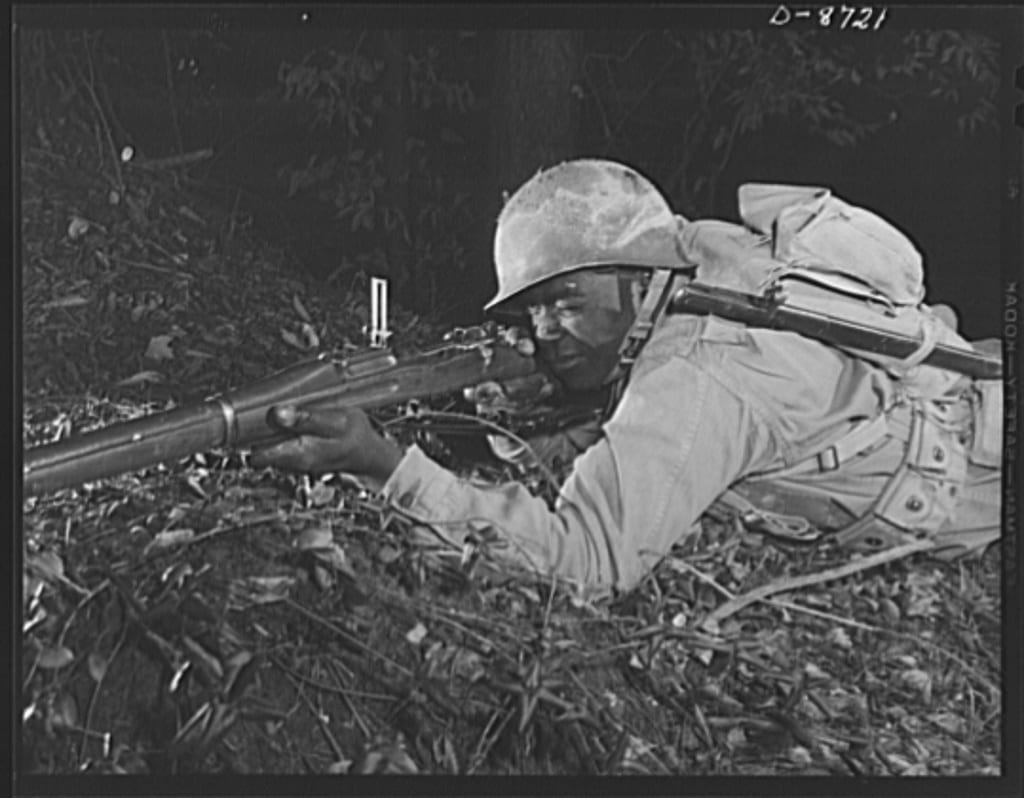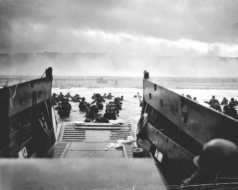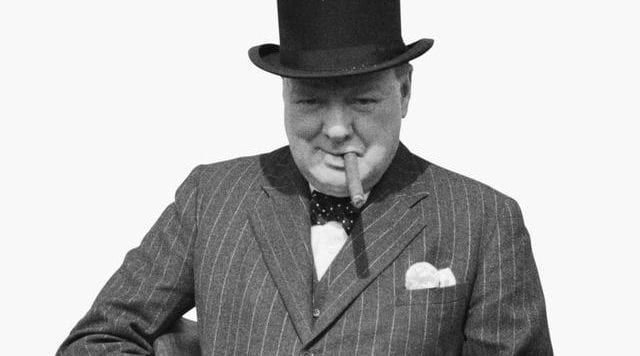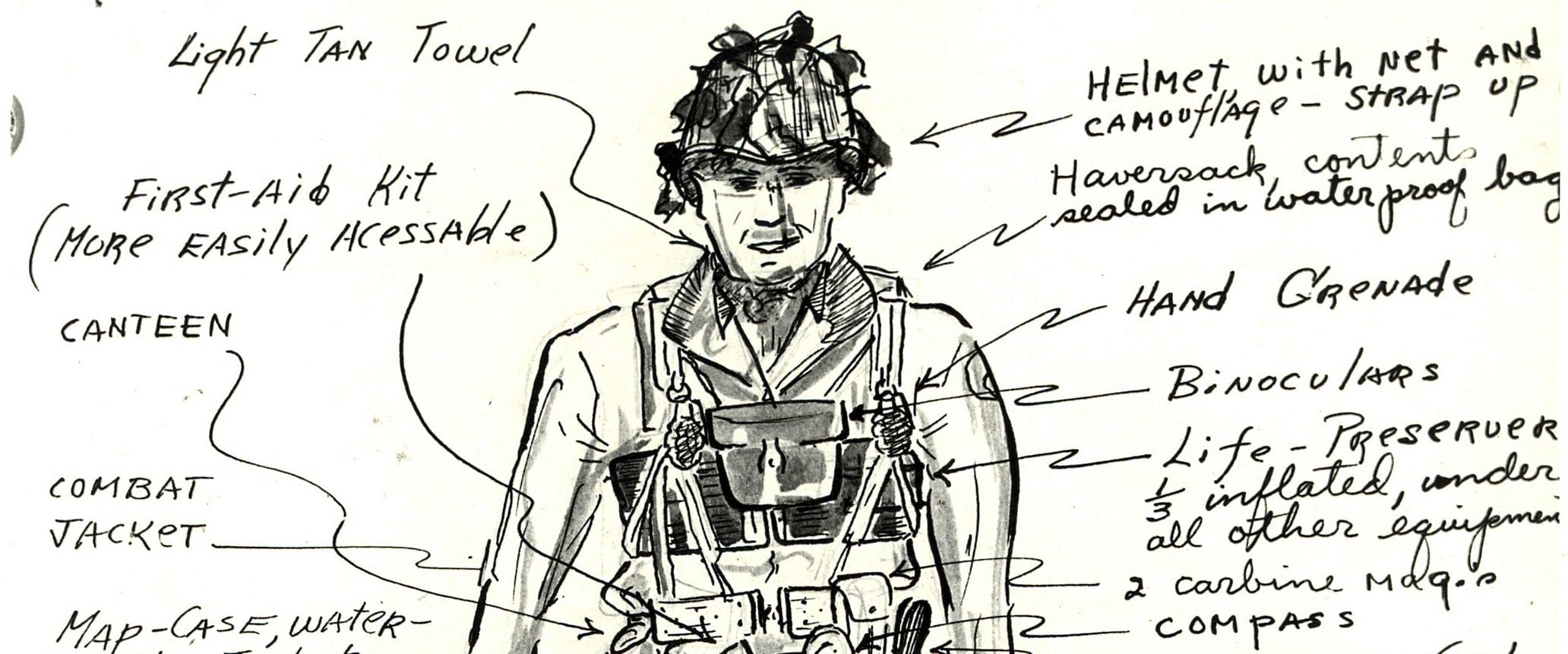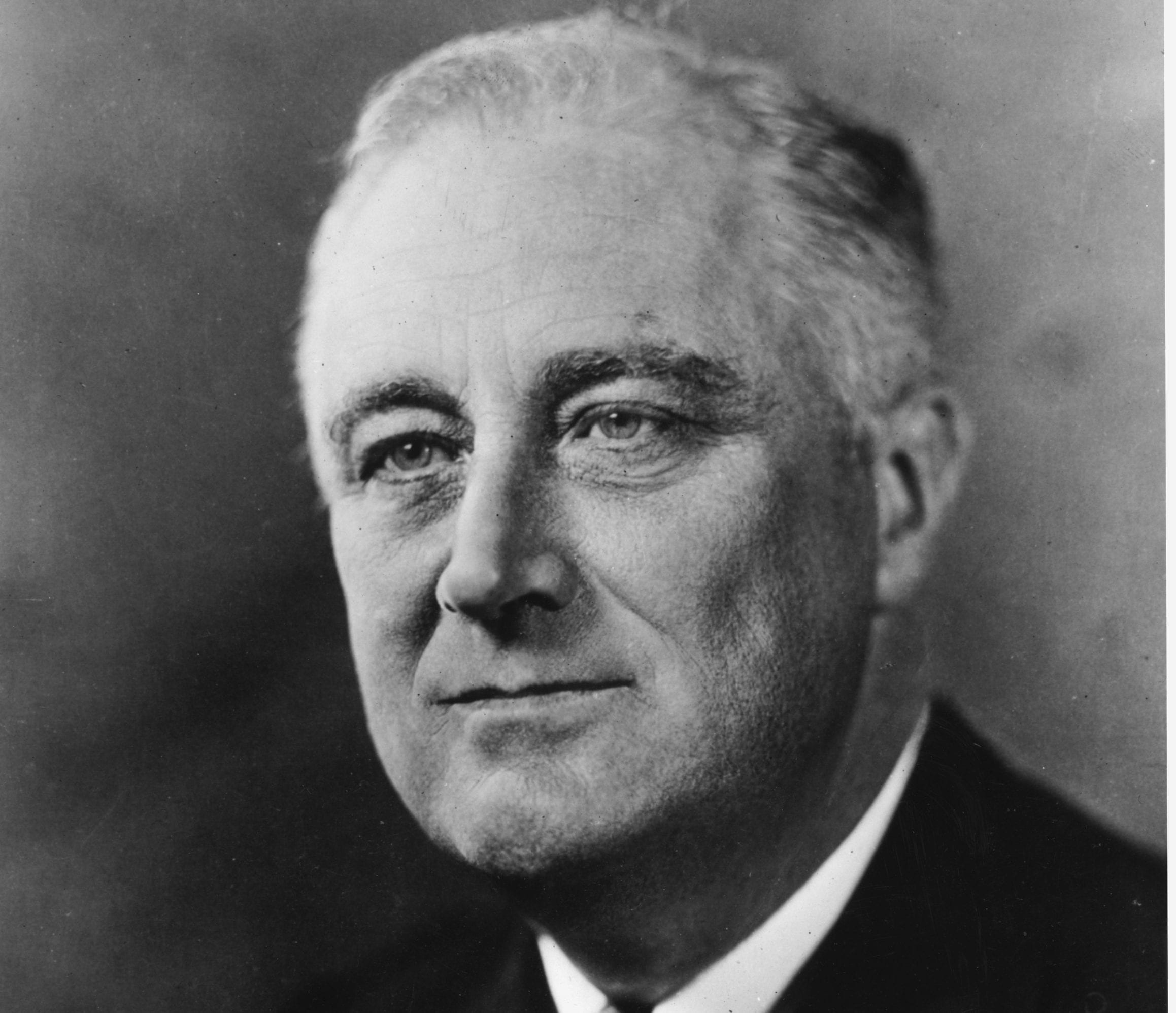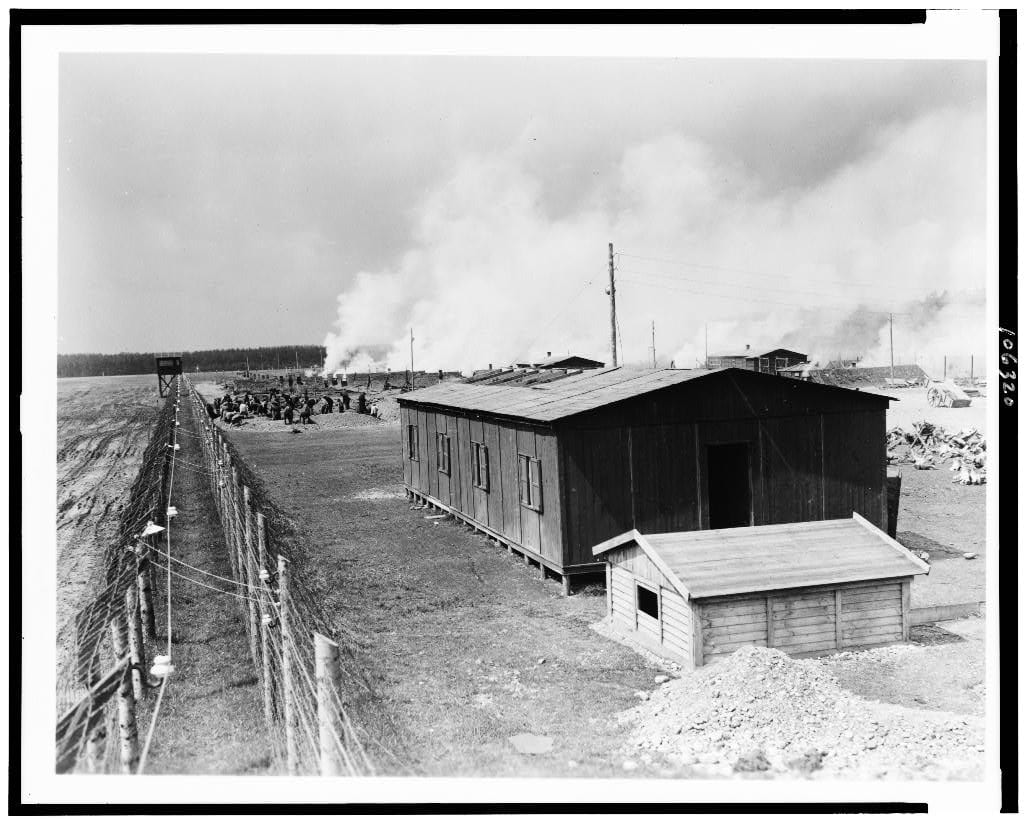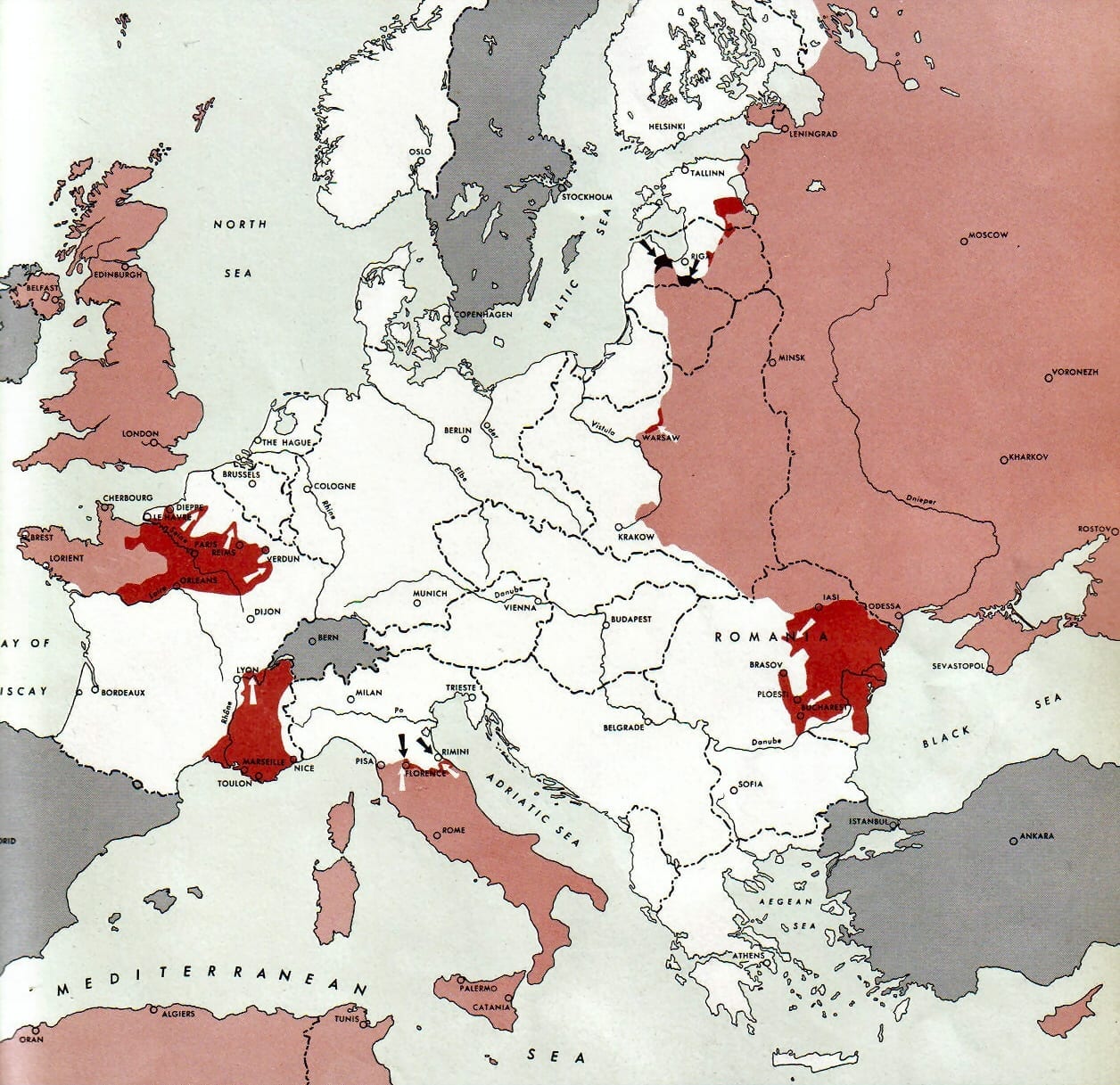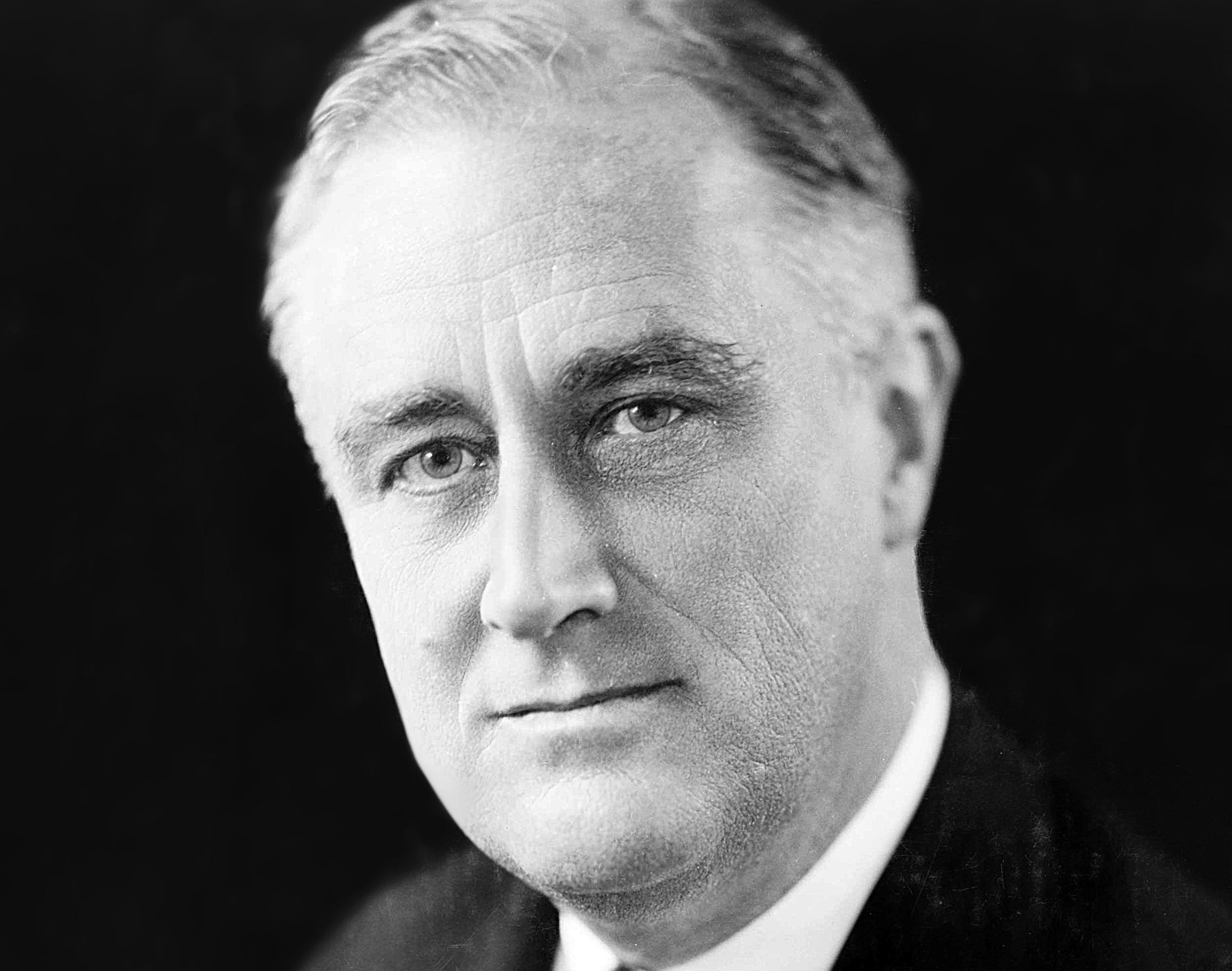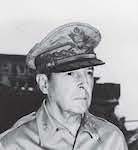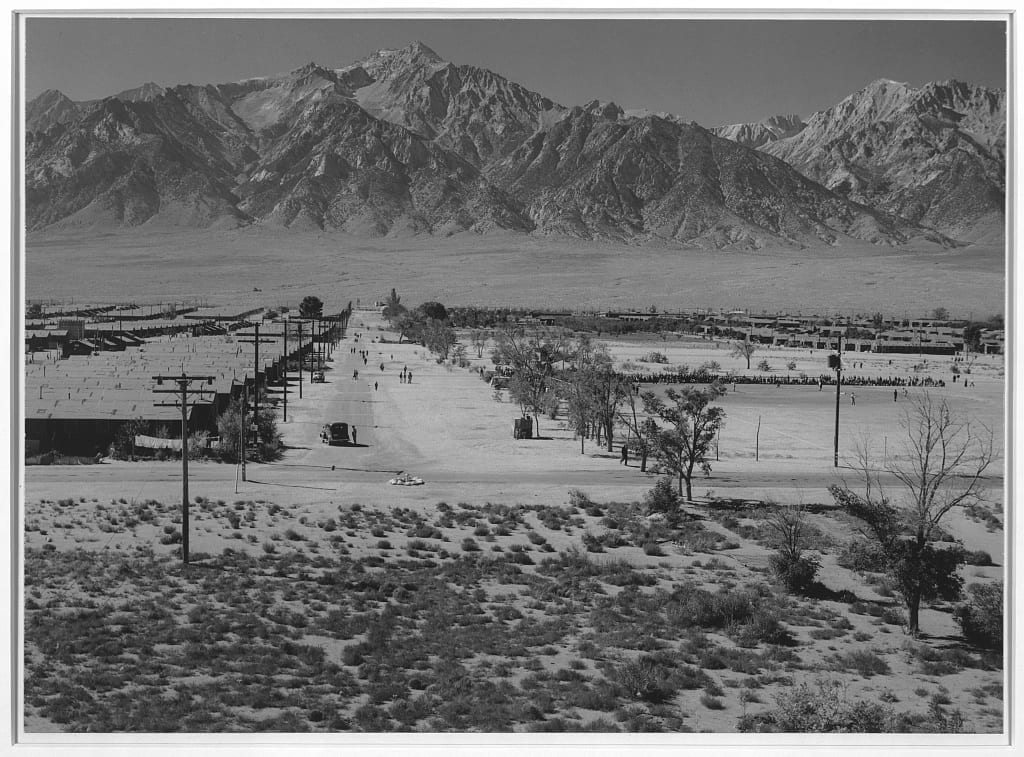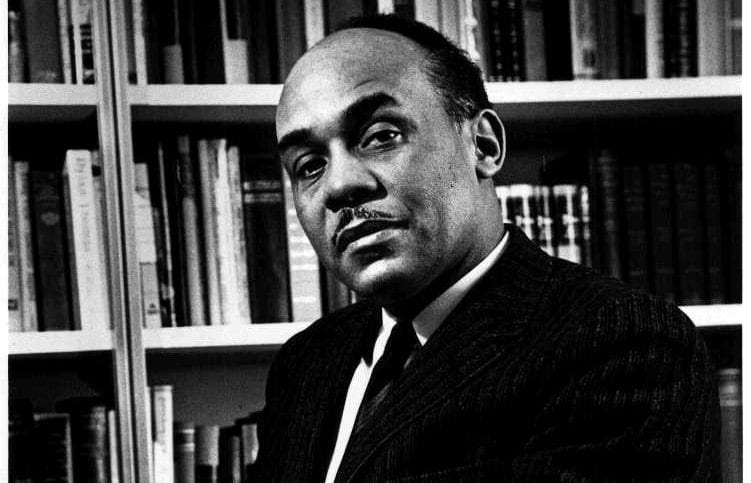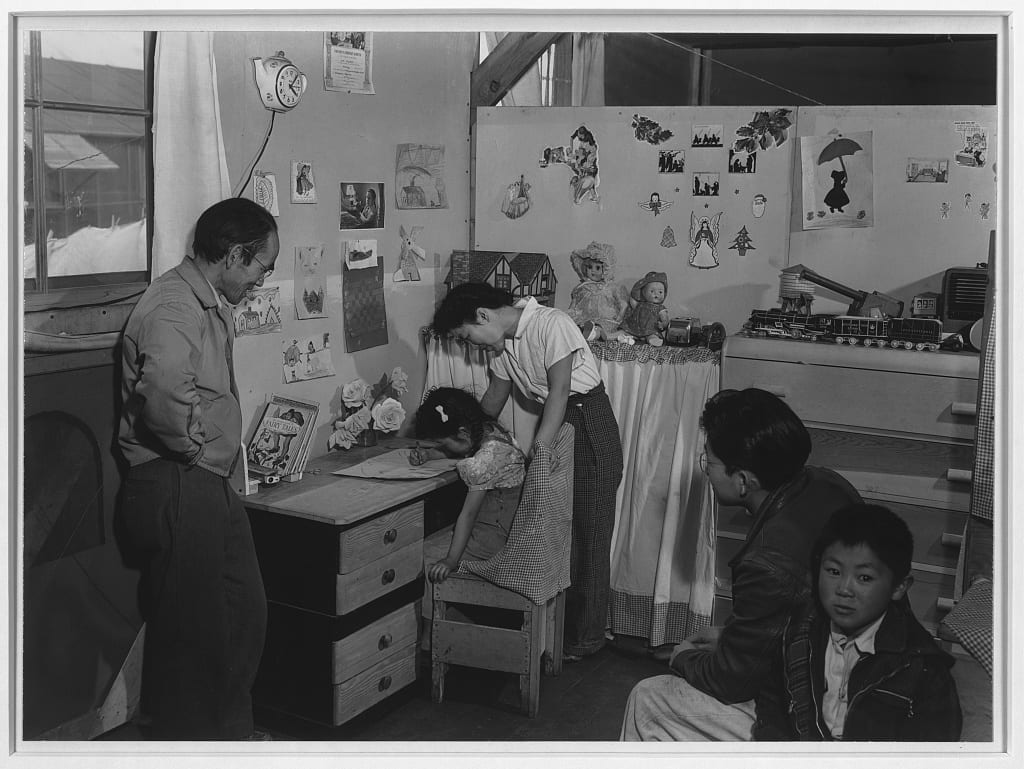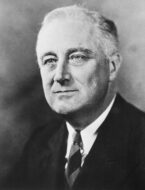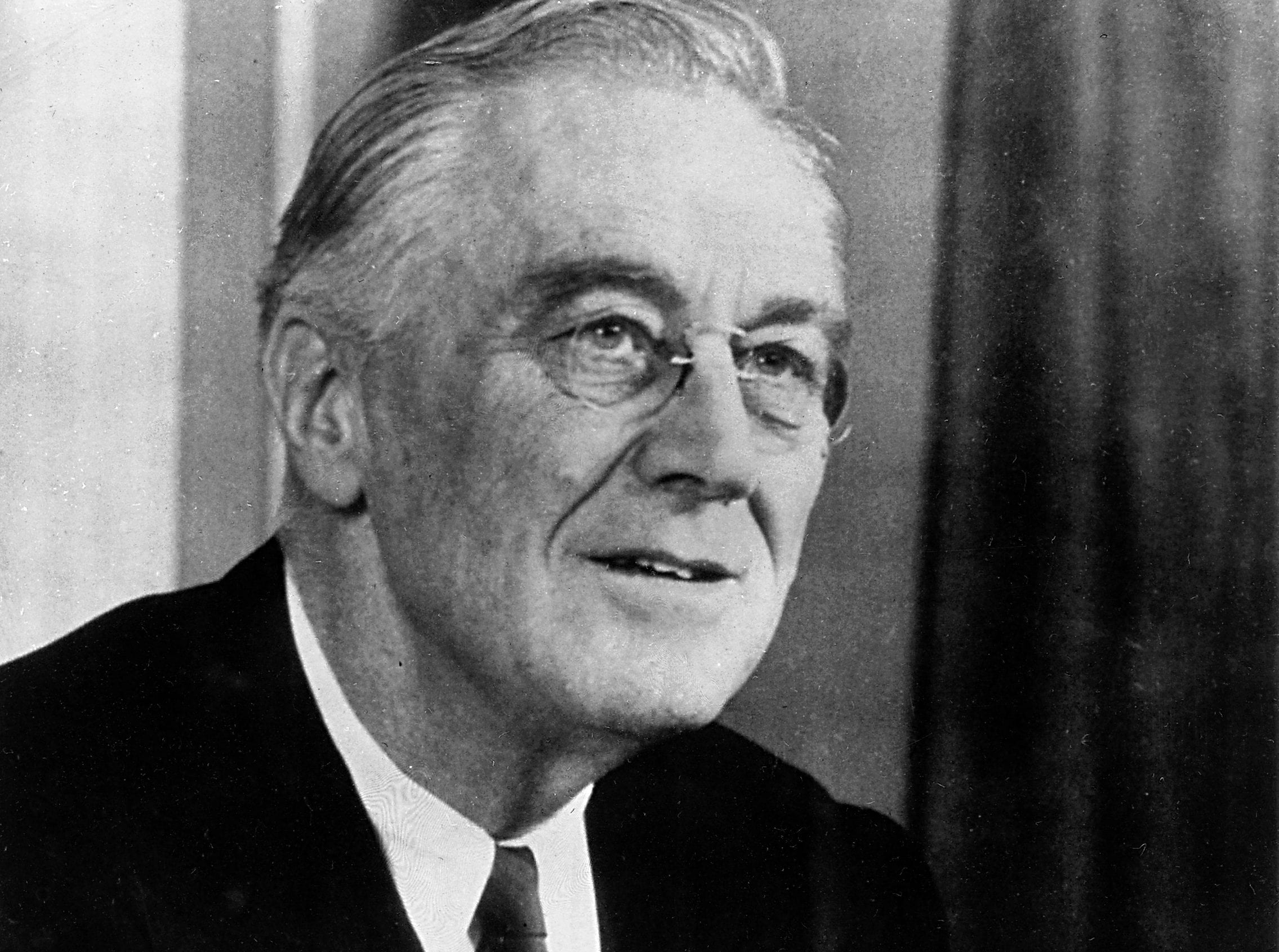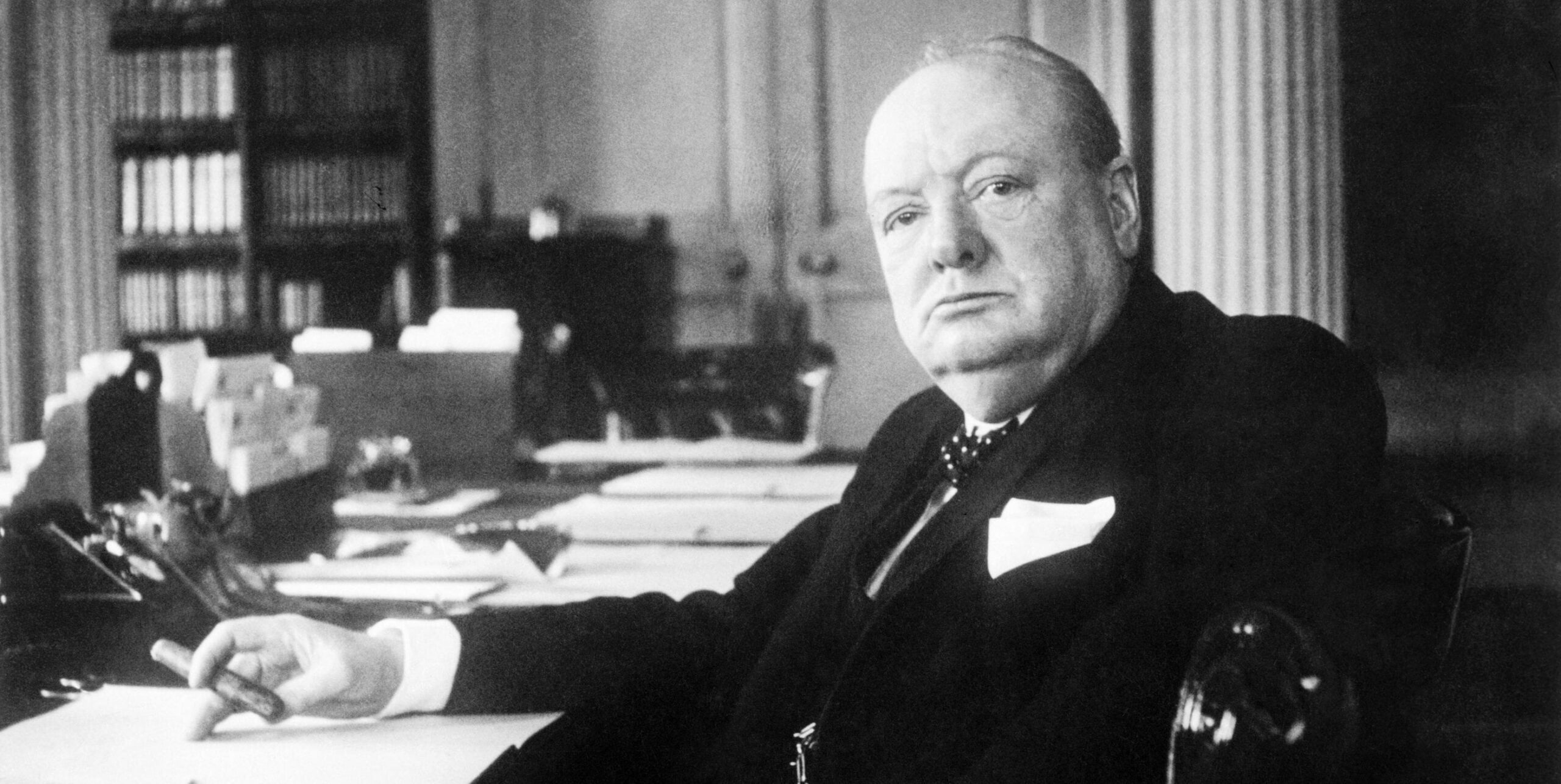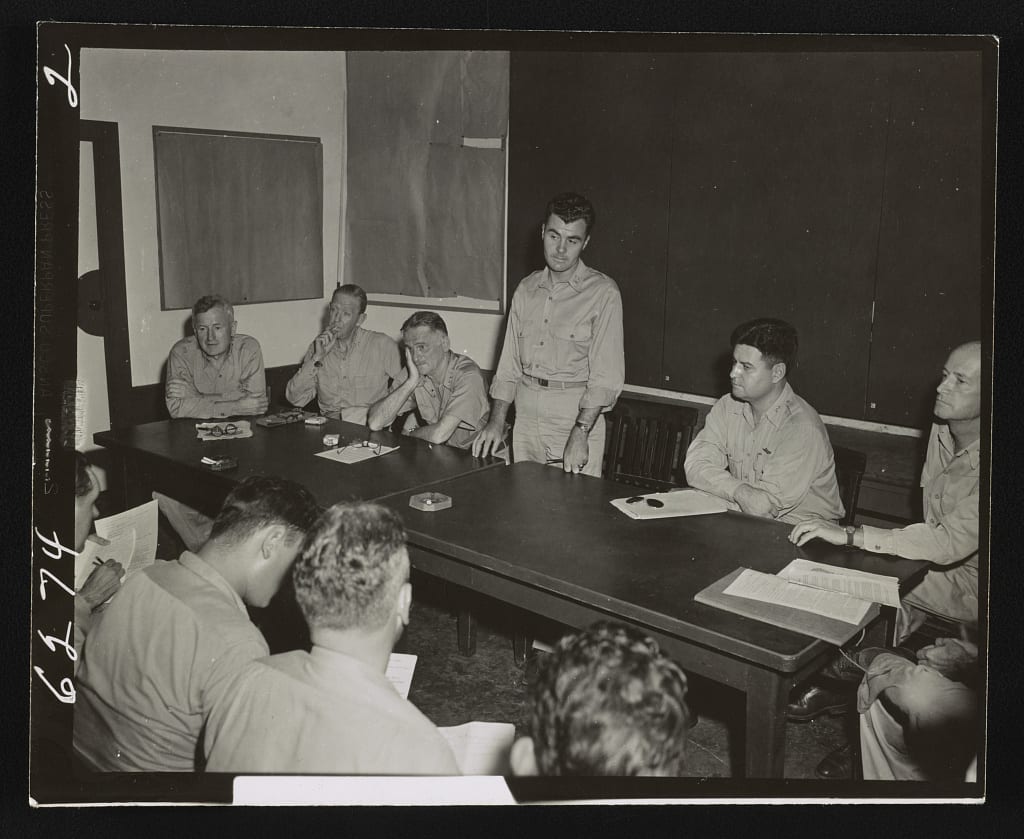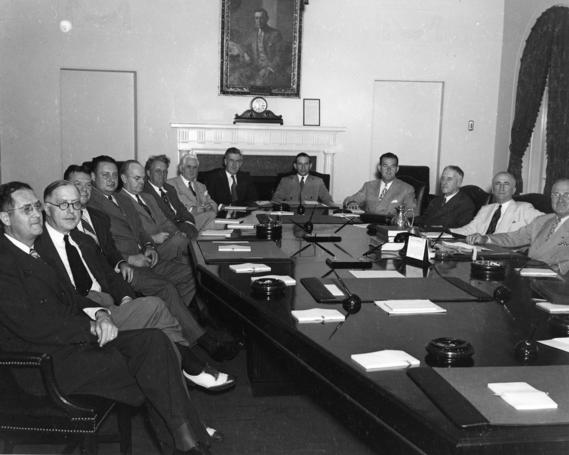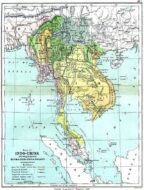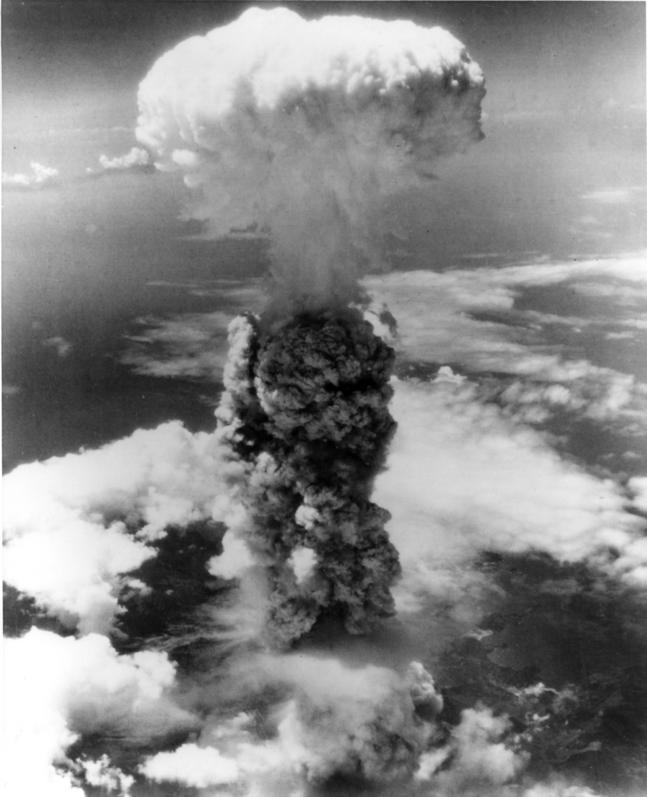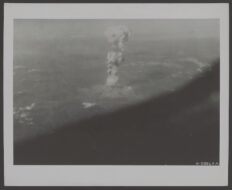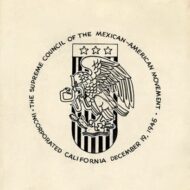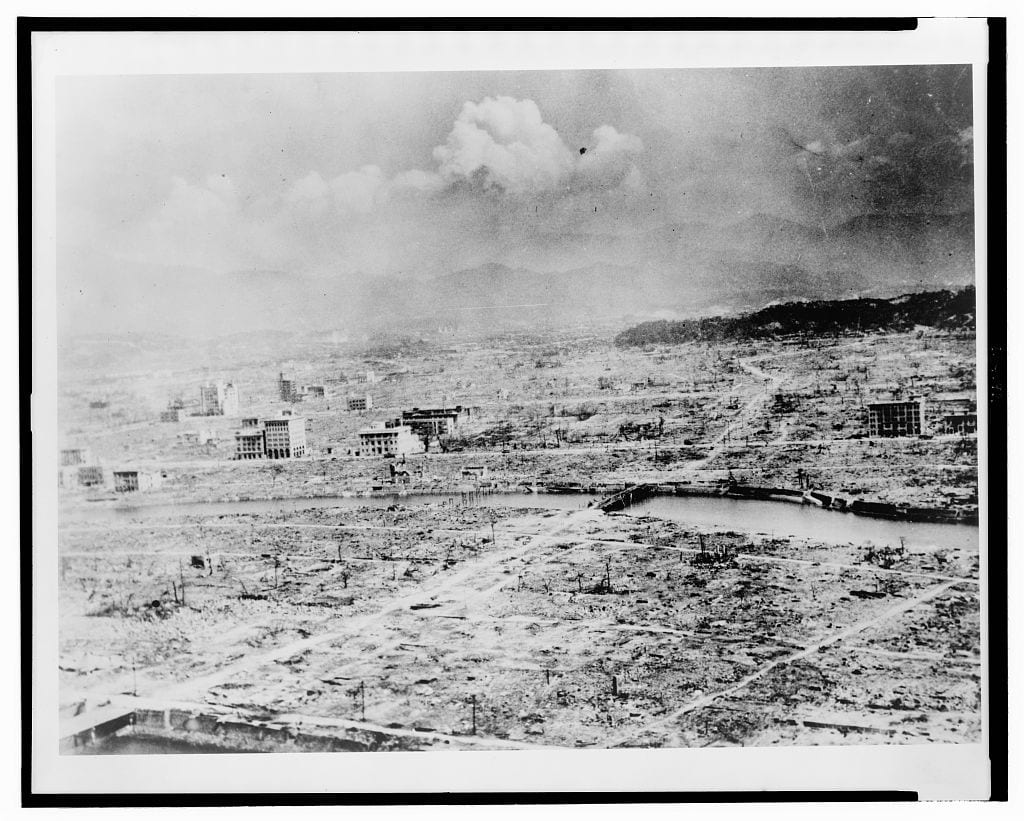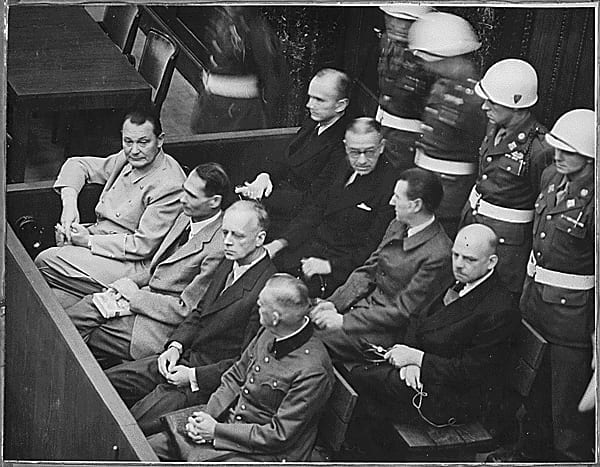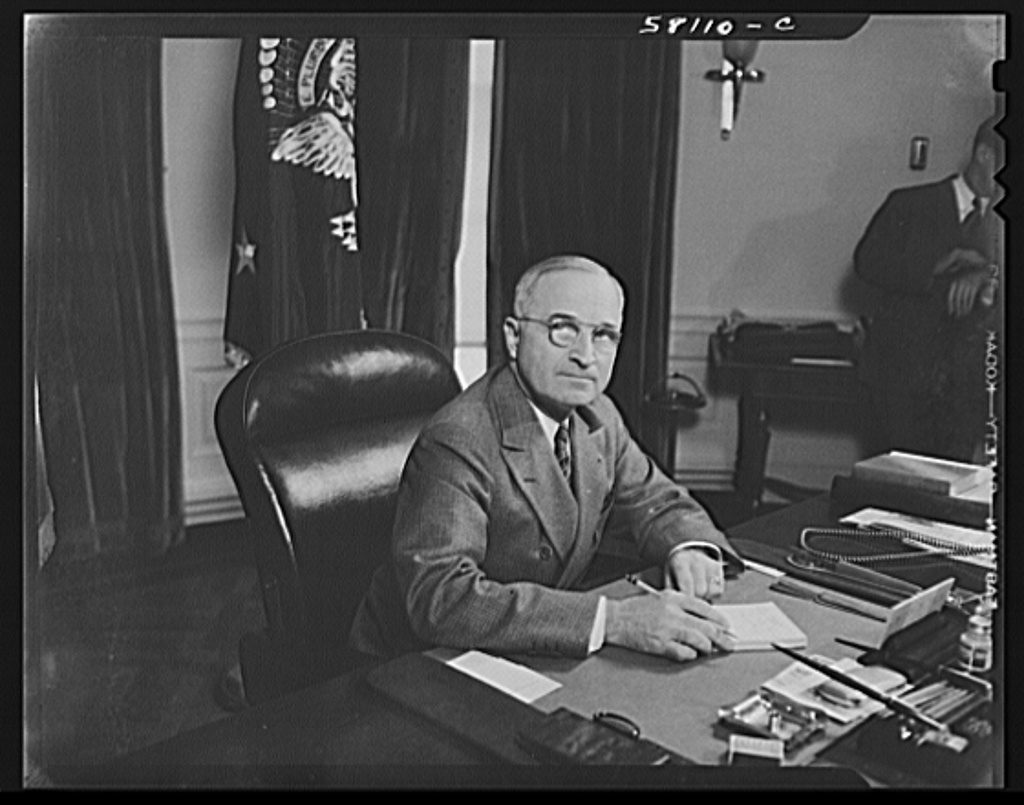Source: Dorothy Day, “Our Country Passes from Undeclared War to Declared War; We Continue Our Christian Pacifist Stand,” The Catholic Worker, January 1942, 1, 4. Courtesy of “The Catholic Worker Movement” website at www.catholicworker.org.
DEAR FELLOW WORKERS IN CHRIST:
Lord God, merciful God, our Father, shall we keep silent, or shall we speak? And if we speak, what shall we say?
I am sitting here in the church on Mott Street writing this in your presence. Out on the streets it is quiet, but you are there too, in the Chinese, in the Italians, these neighbors we love. We love them because they are our brothers, as Christ is our Brother and God our Father.
But we have forgotten so much. We have all forgotten. And how can we know unless you tell us. “For whoever calls upon the name of the Lord shall be saved.” How then are they to call upon Him in whom they have not believed? But how are they to believe Him whom they have not heard? And how are they to hear, if no one preaches? And how are men to preach unless they be sent? As it is written, “How beautiful are the feet of those who preach the gospel of peace.”
Seventy-five thousand Catholic Workers go out every month. What shall we print? We can print still what the Holy Father is saying, when he speaks of total war, of mitigating the horrors of war, when he speaks of cities of refuge, of feeding Europe. . . .
We will print the words of Christ who is with us always, even to the end of the world. “Love your enemies, do good to those who hate you, and pray for those who persecute and calumniate you, so that you may be children of your Father in heaven, who makes His sun to rise on the good and the evil, and sends rain on the just and unjust.”
We are at war, a declared war, with Japan, Germany and Italy. But still we can repeat Christ’s words, each day, holding them close in our hearts, each month printing them in the paper. In times past, Europe has been a battlefield. But let us remember St. Francis, who spoke of peace and we will remind our readers of him, too, so they will not forget.
In The Catholic Worker we will quote our Pope, our saints, our priests. We will go on printing the articles which remind us today that we are all “called to be saints,” that we are other Christs, reminding us of the priesthood of the laity.
We are still pacifists. Our manifesto is the Sermon on the Mount, which means that we will try to be peacemakers. Speaking for many of our conscientious objectors, we will not participate in armed warfare or in making munitions, or by buying government bonds to prosecute the war, or in urging others to these efforts.
But neither will we be carping in our criticism. We love our country and we love our President. We have been the only country in the world where men of all nations have taken refuge from oppression. We recognize that while in the order of intention we have tried to stand for peace, for love of our brother, in the order of execution we have failed as Americans in living up to our principles.
We will try daily, hourly, to pray for an end to the war, such an end, to quote Father Orchard, “as would manifest to all the world, that it was brought about by divine action, rather than by military might or diplomatic negotiation, which men and nations would then only attribute to their power or sagacity.”
“Despite all calls to prayer,” Father Orchard concludes, “there is at present all too little indication anywhere that the tragedy of humanity and the desperate need of the world have moved the faithful, still less stirred the thoughtless masses, to turn to prayer as the only hope for mankind this dreadful hour.
“We shall never pray until we feel more deeply, and we shall never feel deeply enough until we envisage what is actually happening in the world, and understand what is possible in the will of God; and that means until sufficient numbers realize that we have brought things to a pass which is beyond human power to help or save.
“Those who do feel and see, however inadequately, should not hesitate to begin to pray, or fail to persevere, however dark the prospects remain.” Let them urge others to do likewise; and then, first small groups, and then the Church as a whole, and at last the world, may turn and cry for forgiveness, mercy and deliverance for all.
“Then we may be sure God will answer, and effectually; for the Lord’s hand is not shortened that it cannot save, nor His ear heavy that it cannot hear.” Let us add, that unless we combine this prayer with almsgiving, in giving to the least of God’s children, and fasting in order that we may help feed the hungry, and penance in recognition of our share in the guilt, our prayer may become empty words.
Our works of mercy may take us into the midst of war. As editor of The Catholic Worker, I would urge our friends and associates to care for the sick and the wounded, to the growing of food for the hungry, to the continuance of all our works of mercy in our houses and on our farms. We understand, of course, that there is and that there will be great differences of opinion even among our own groups as to how much collaboration we can have with the government in times like these. There are differences more profound and there will be many continuing to work with us from necessity, or from choice, who do not agree with us as to our position on war, conscientious objection, etc. But we beg that there will be mutual charity and forbearance among us all.
This letter, sent to all our Houses of Hospitality and to all our farms, and being printed in the January issue of the paper, is to state our position in this most difficult time.
Because of our refusal to assist in the prosecution of war and our insistence that our collaboration be one for peace, we may find ourselves in difficulties. But we trust in the generosity and understanding of our government and our friends, to permit us to continue, to use our paper to “preach Christ crucified.”
May the Blessed Mary, Mother of love, of faith, of knowledge and of hope, pray for us.





